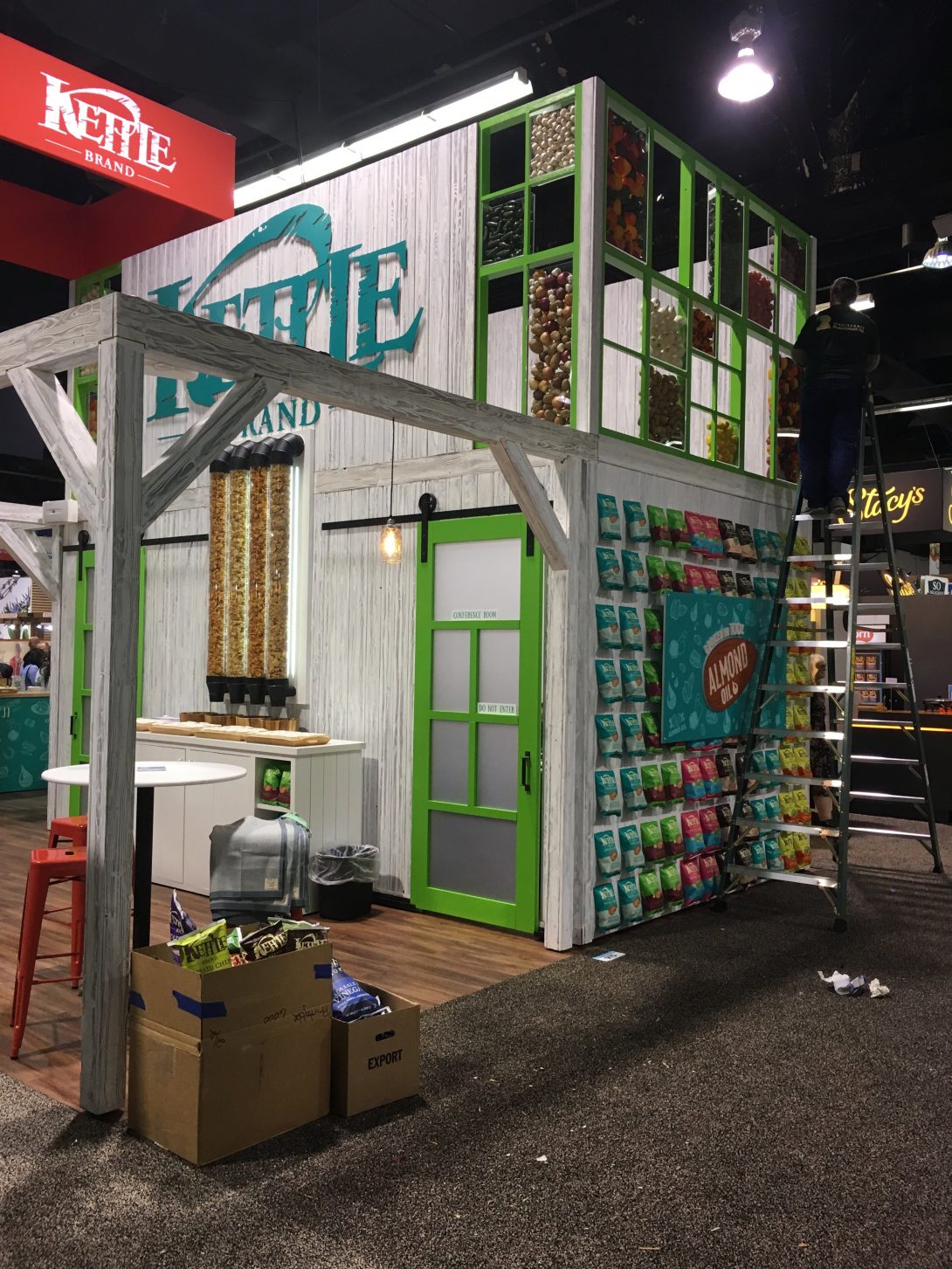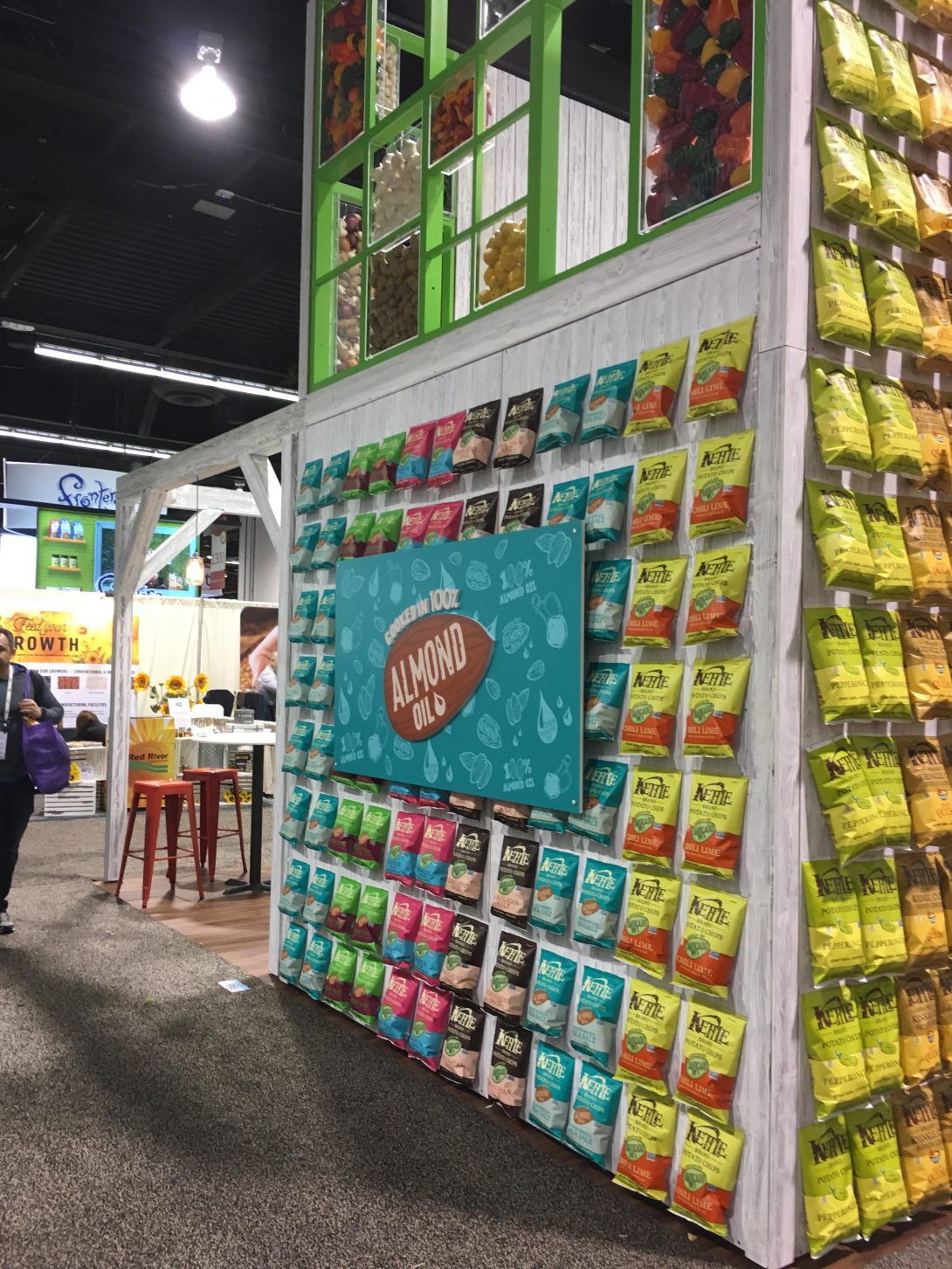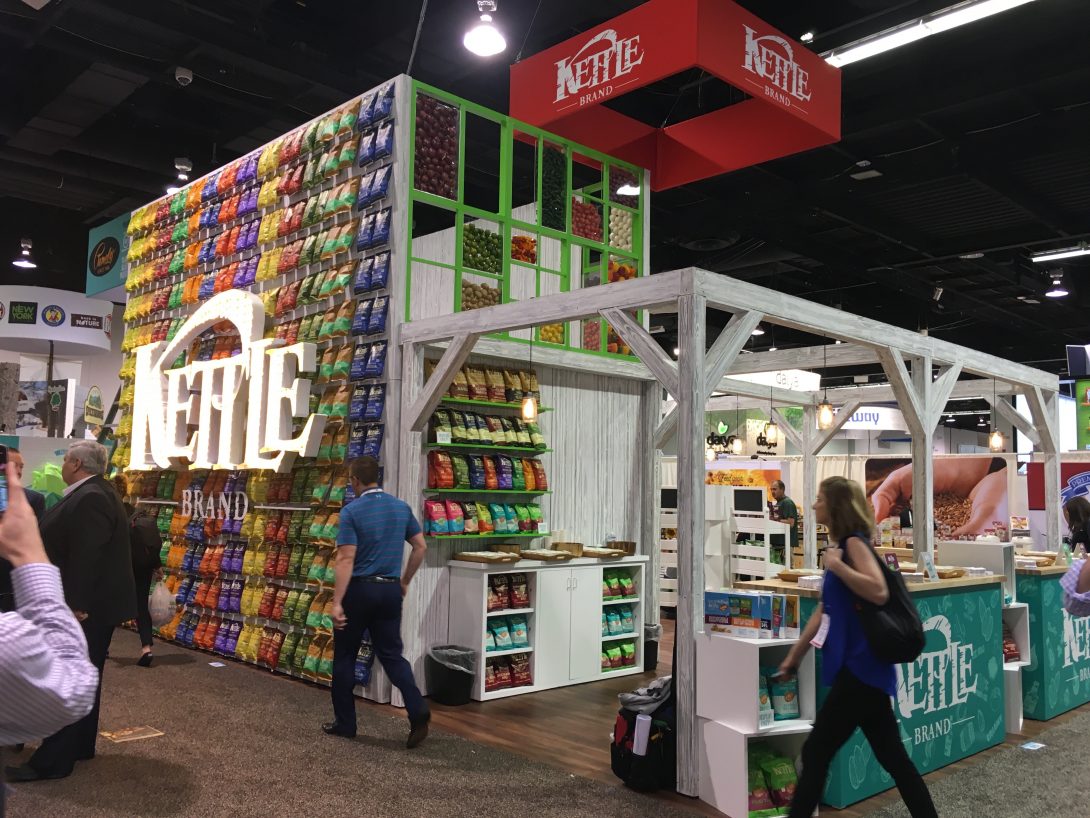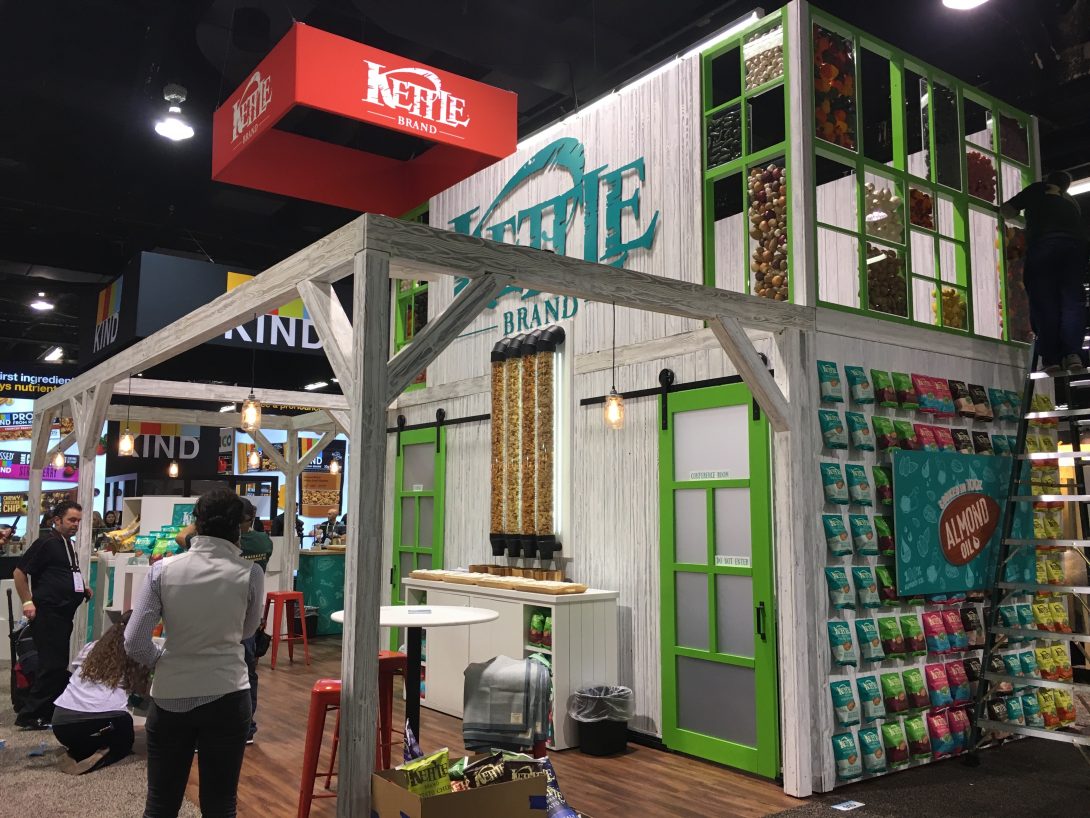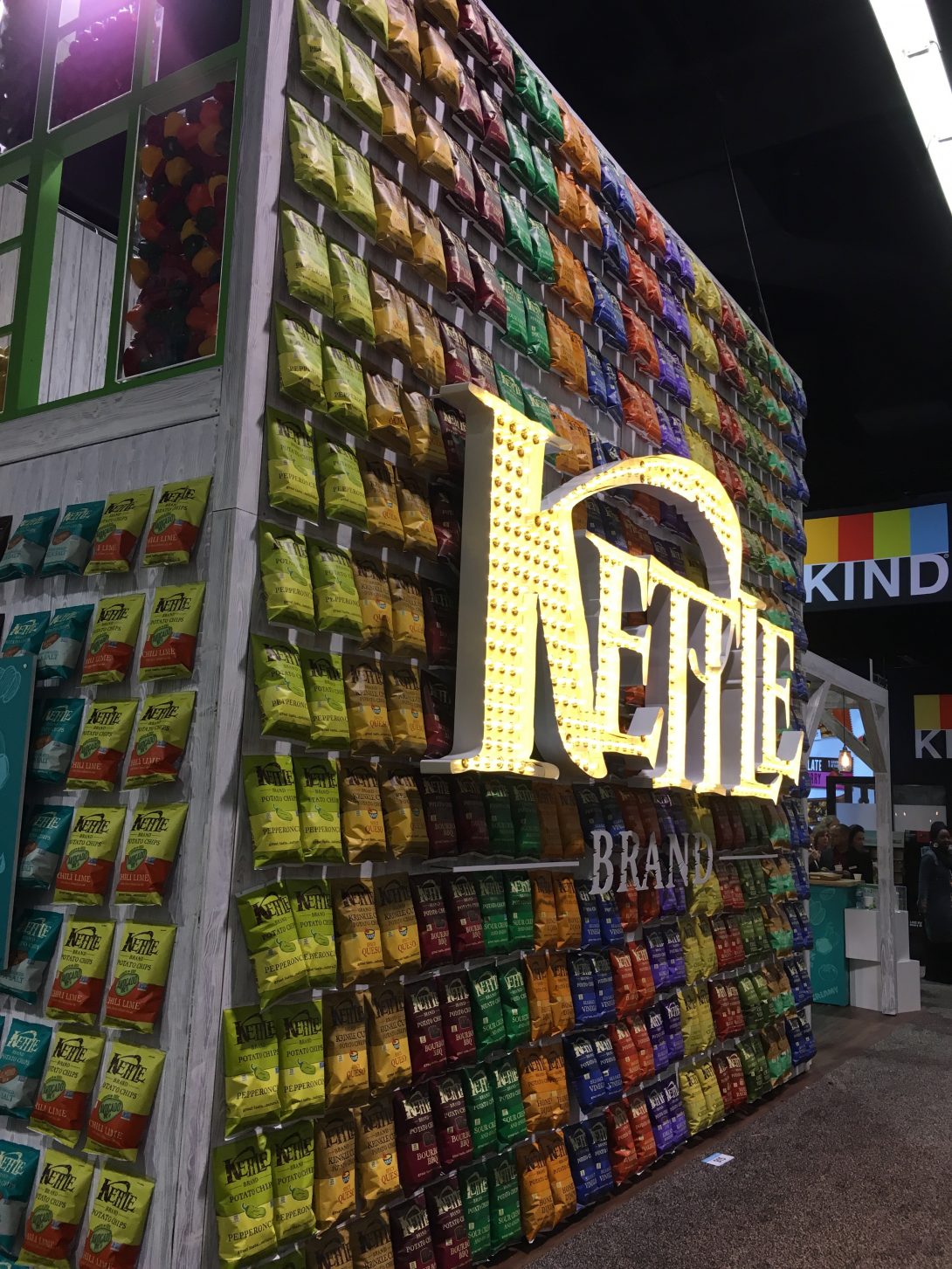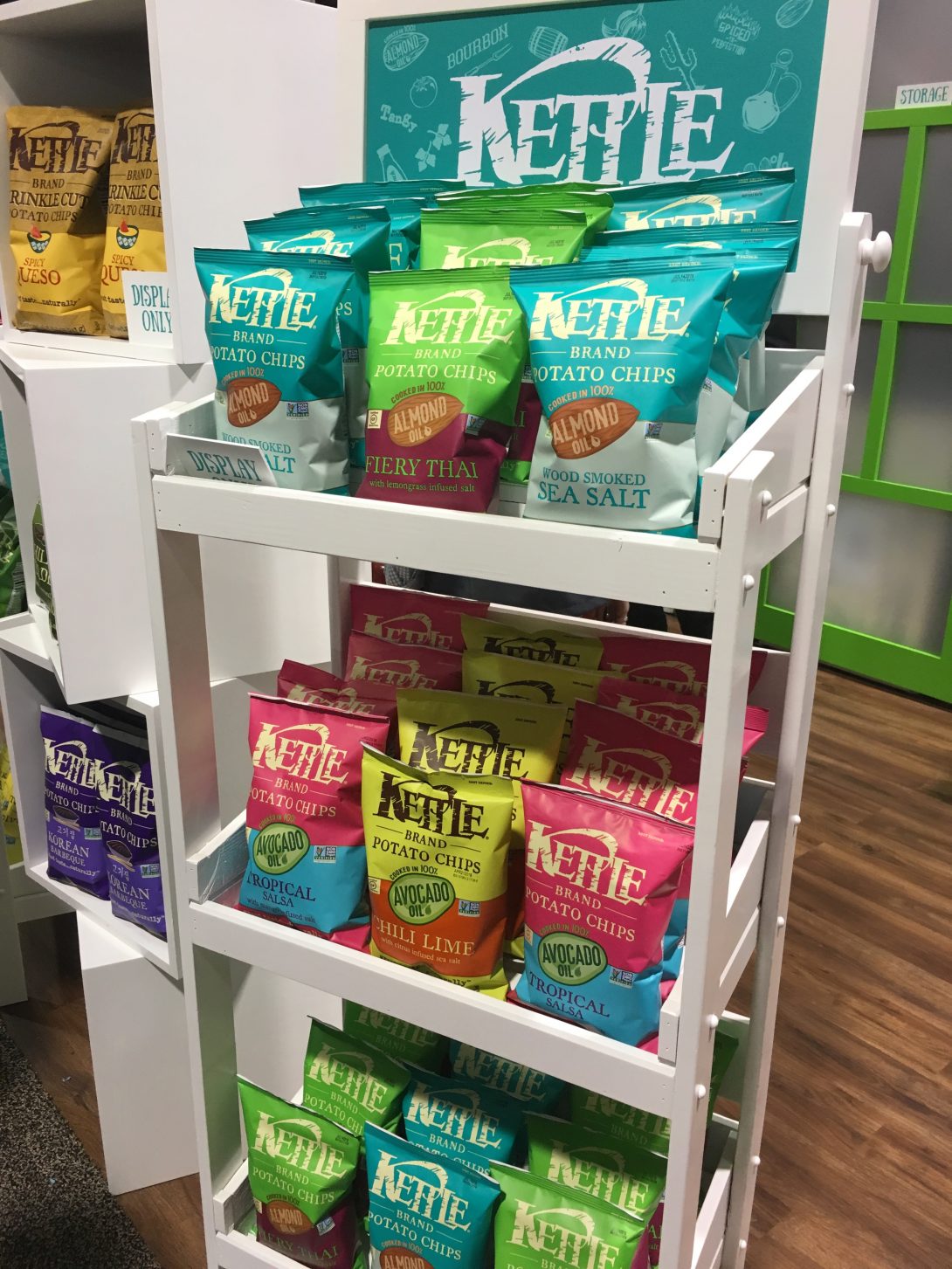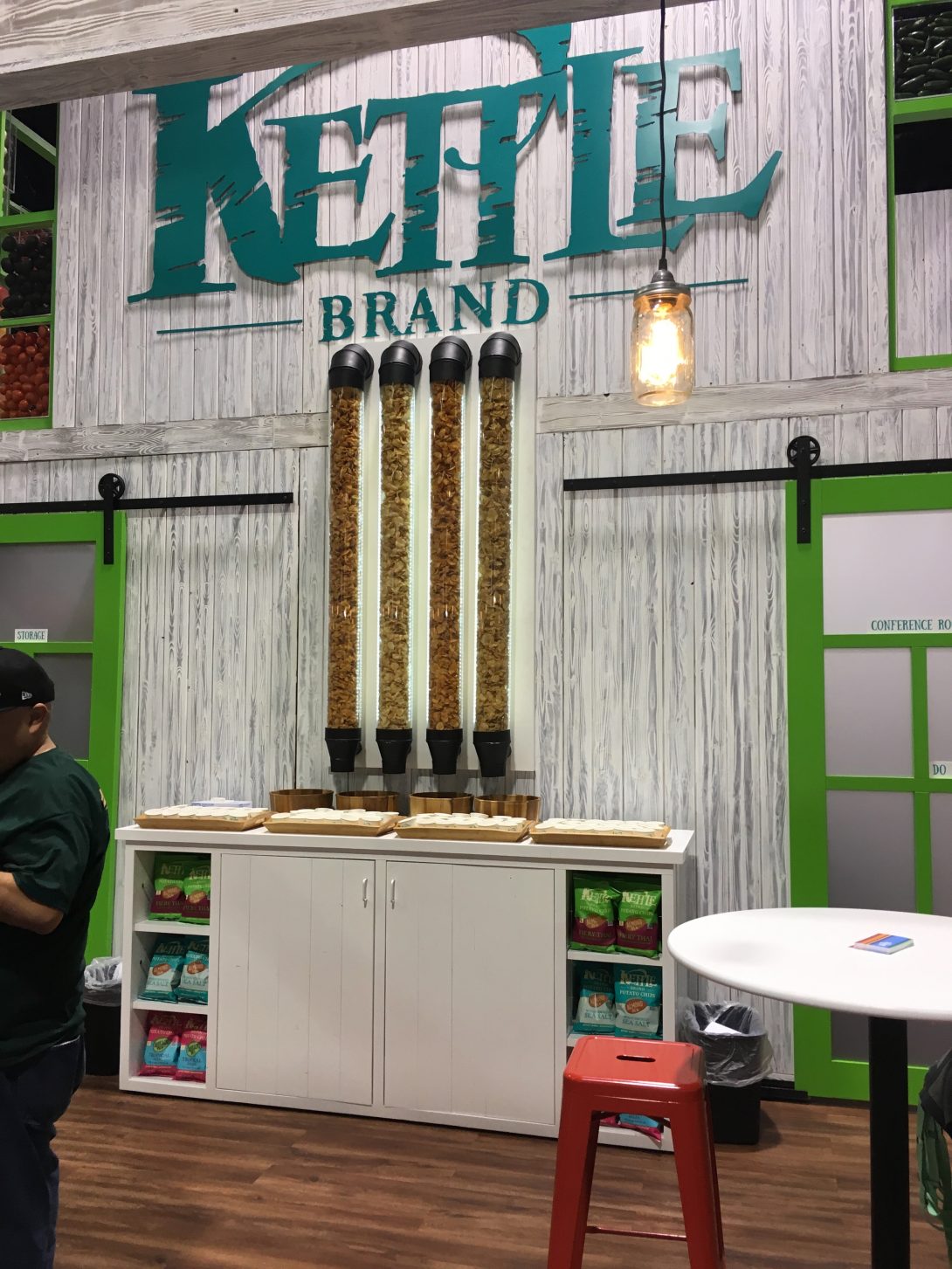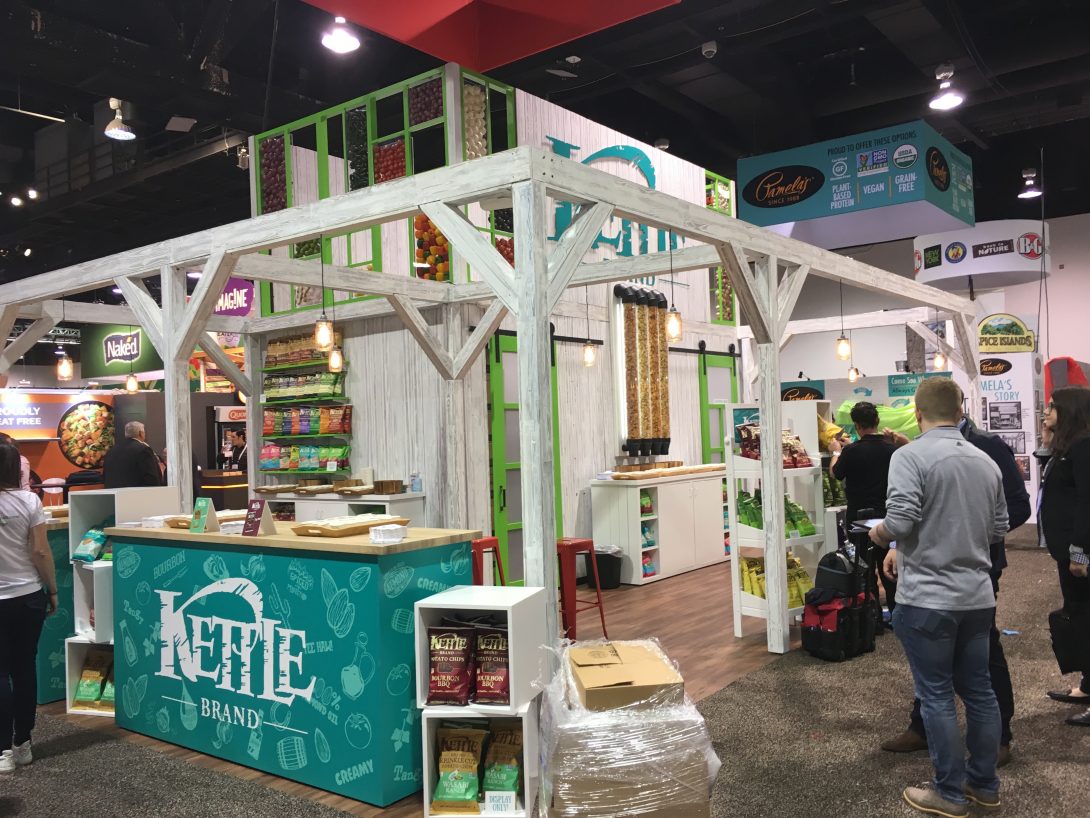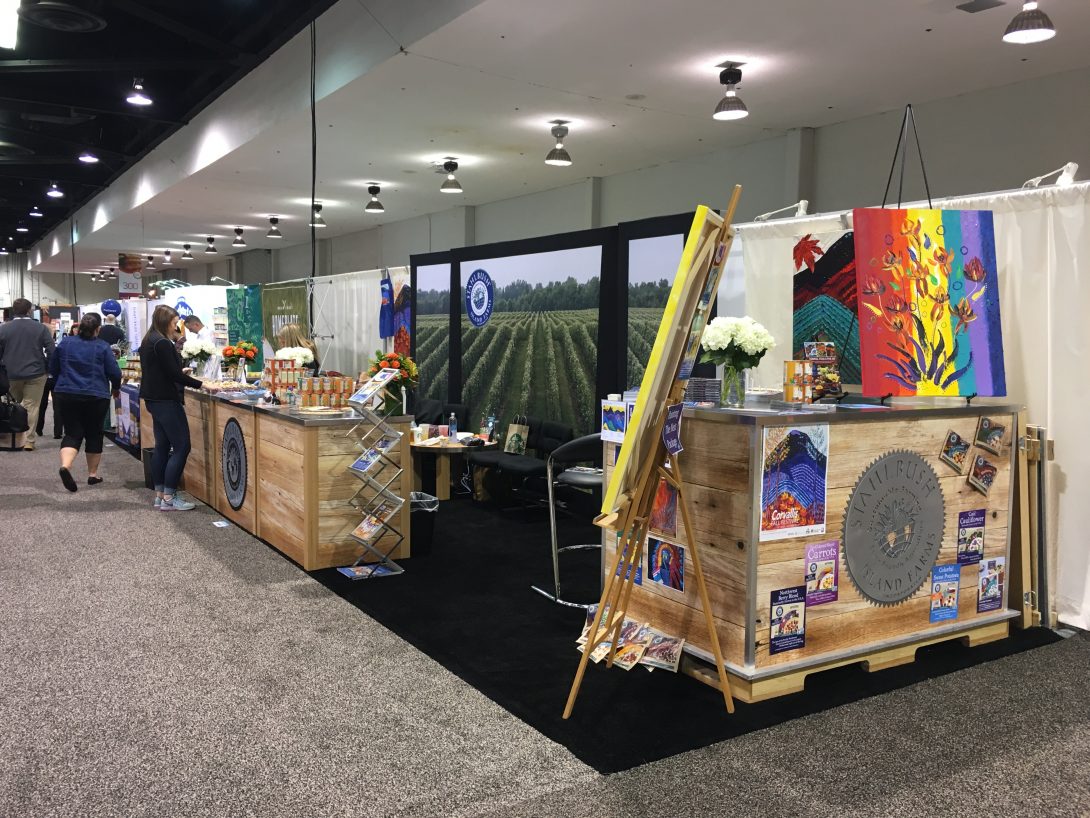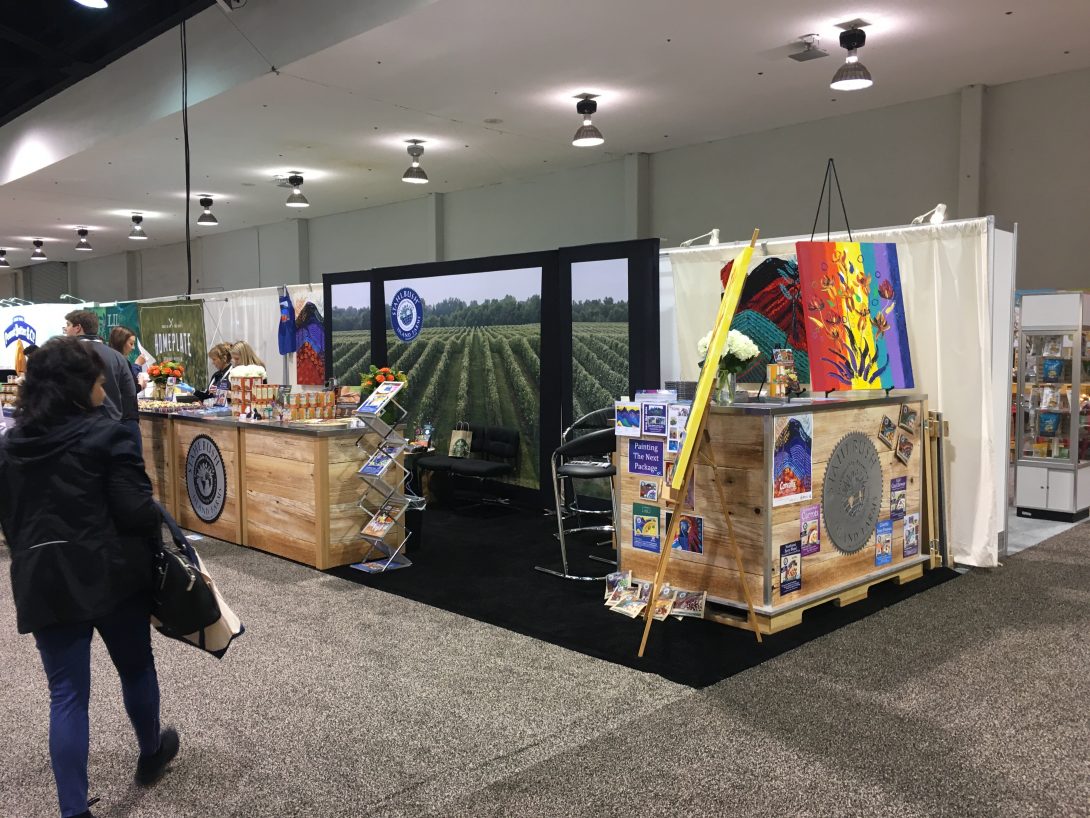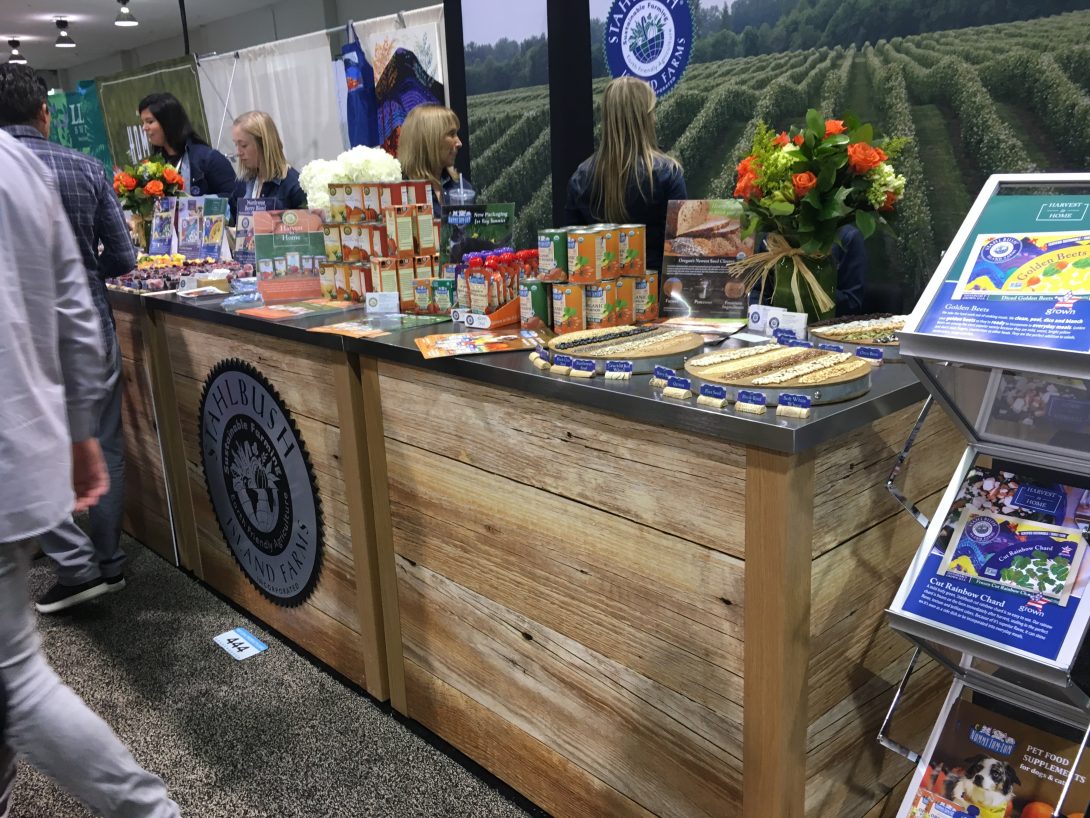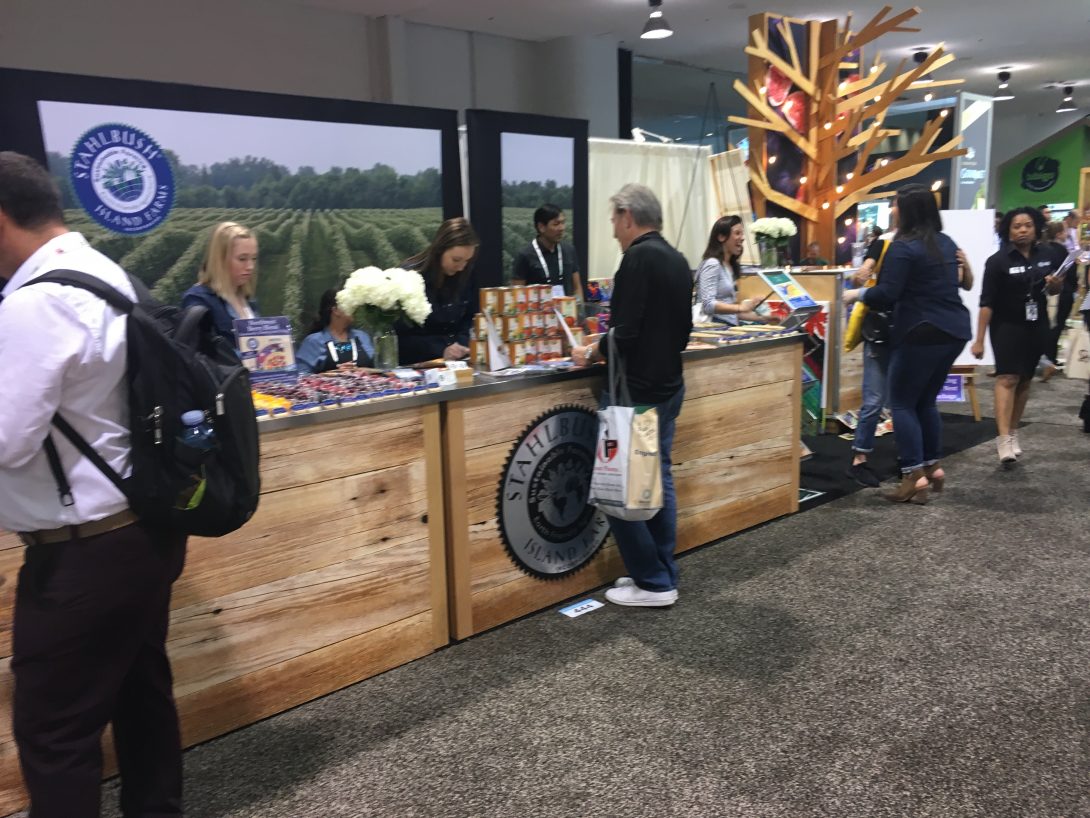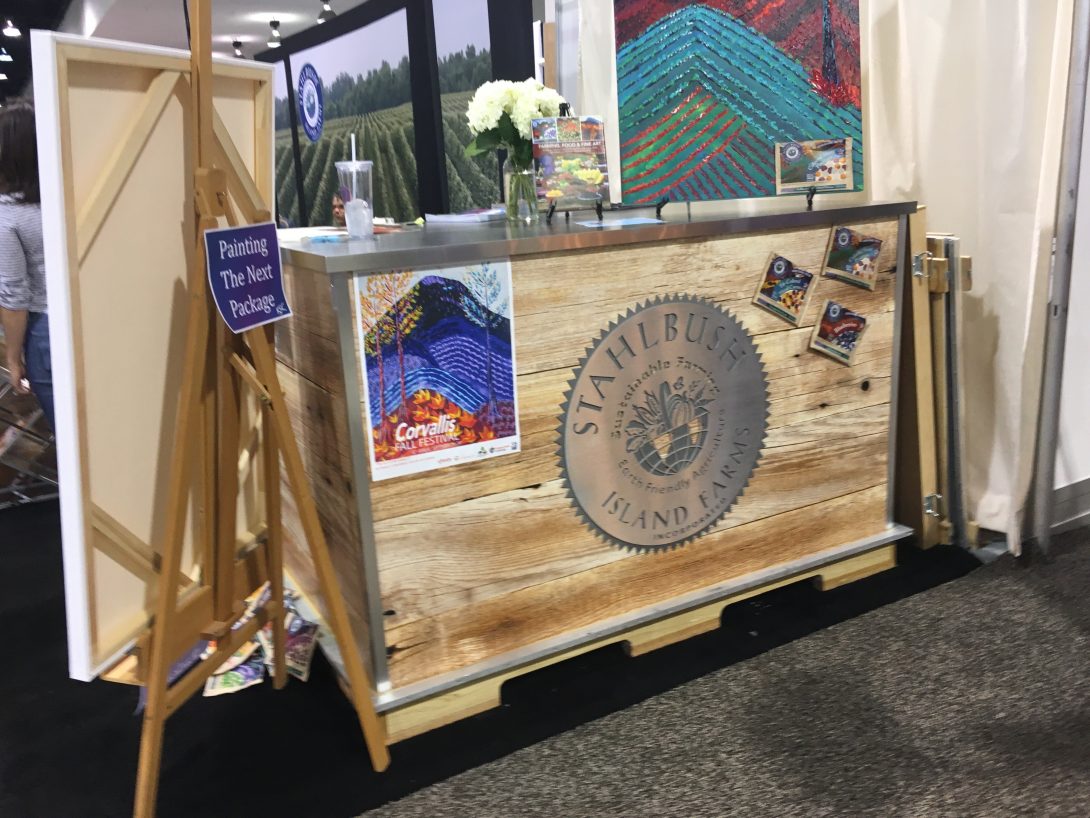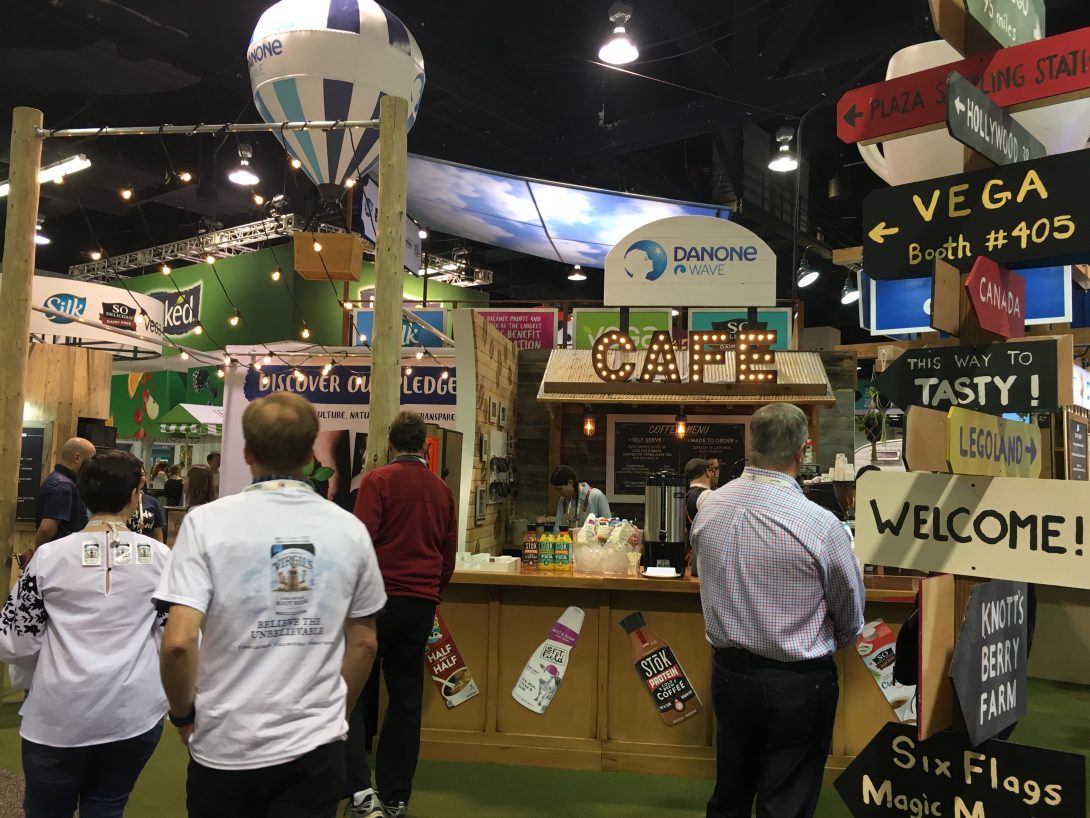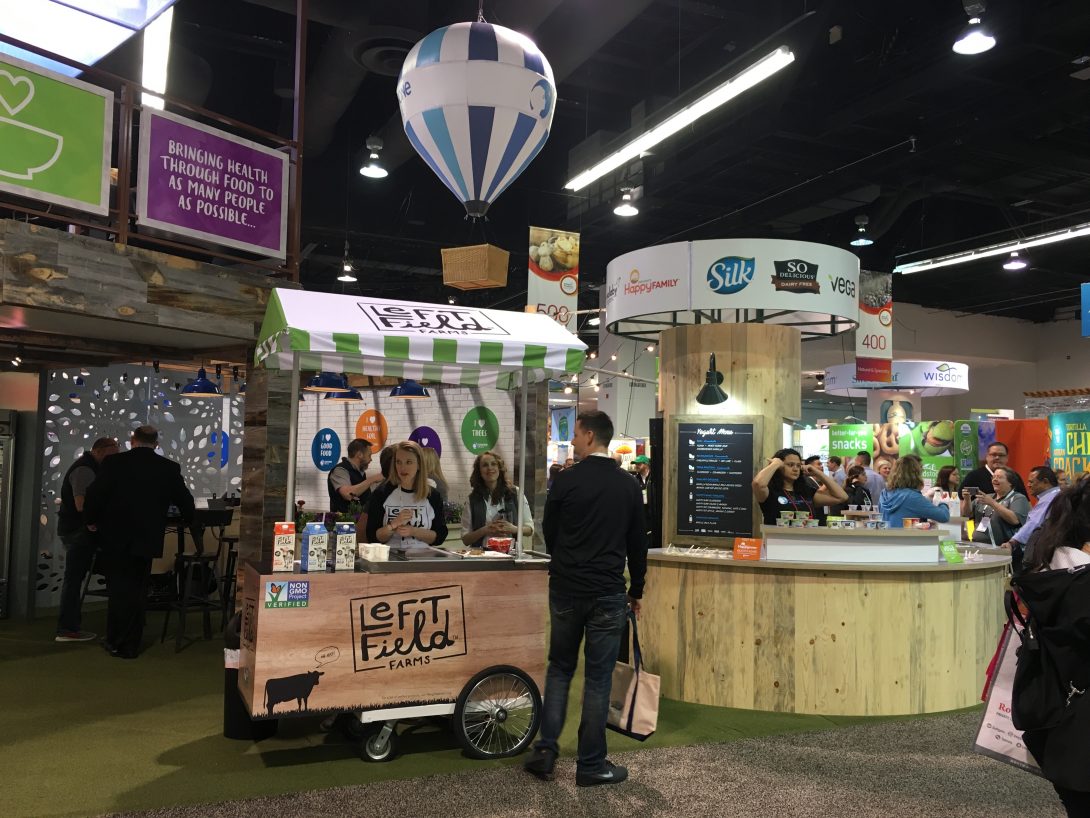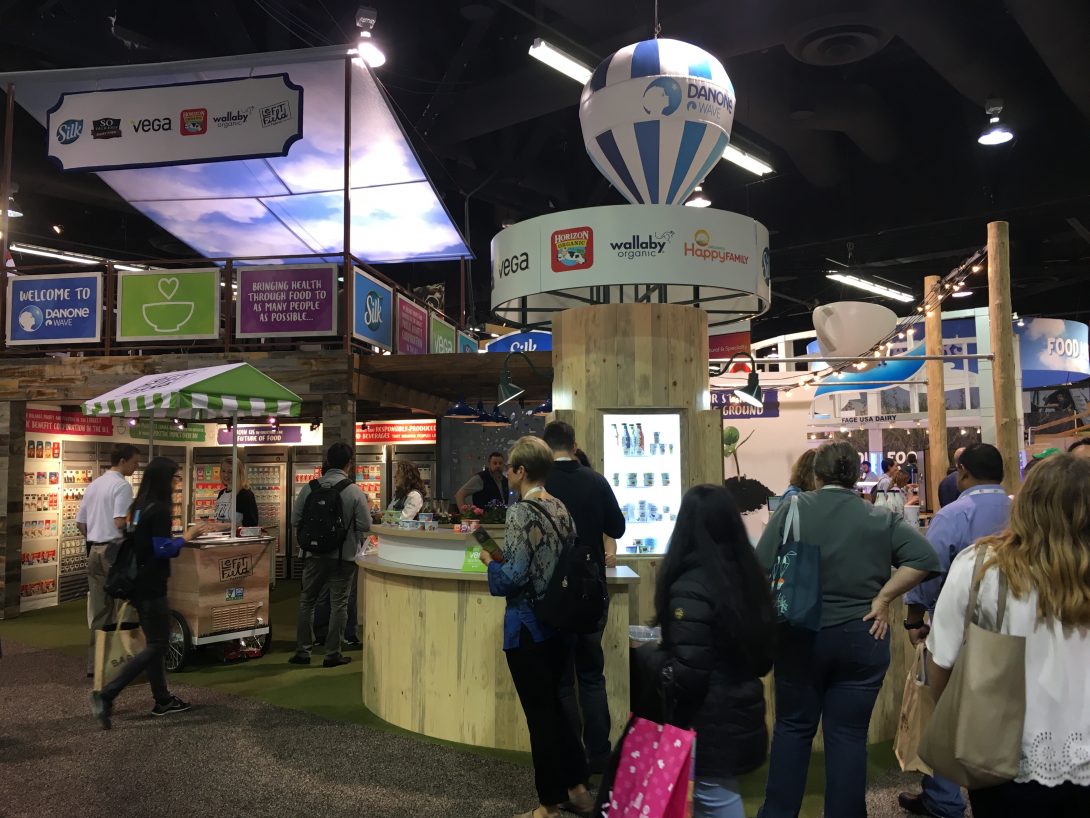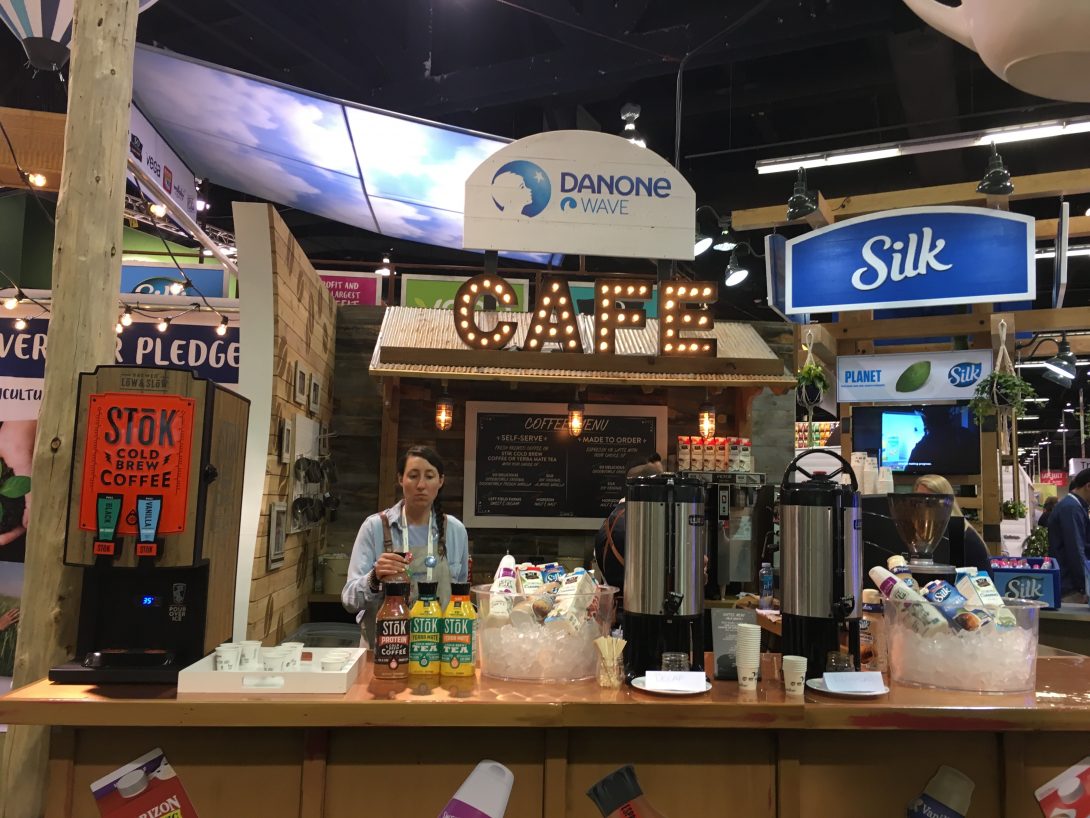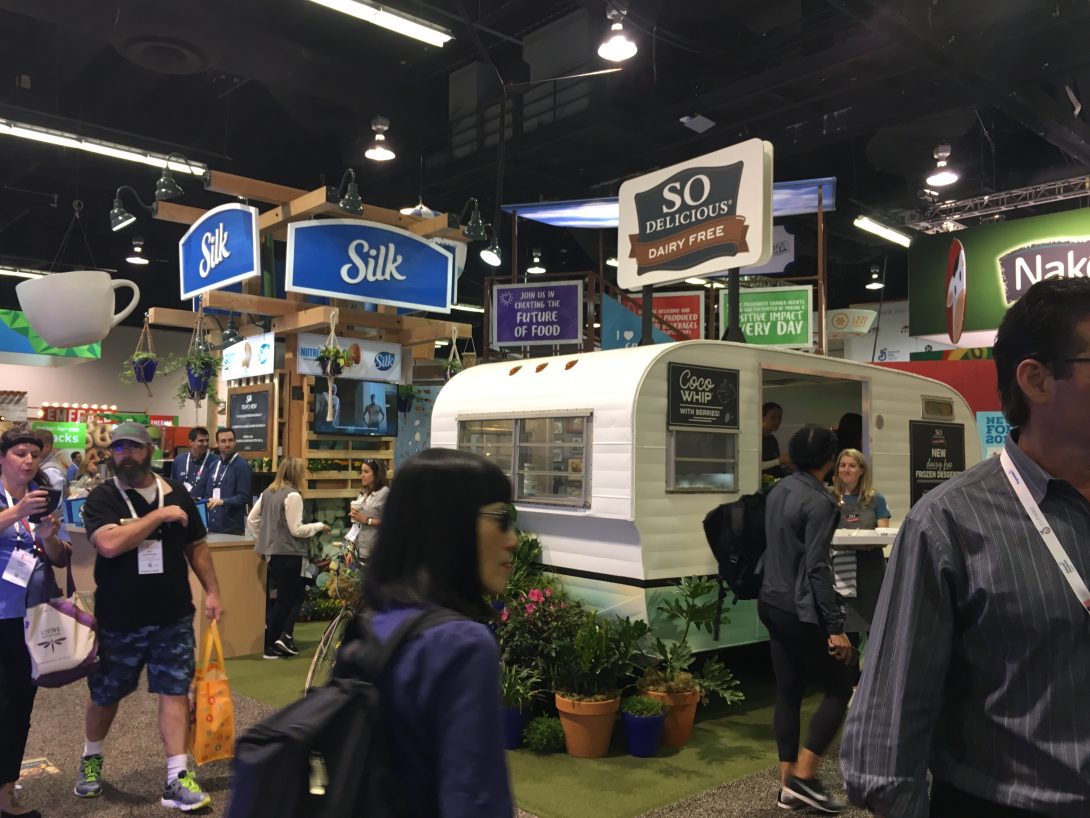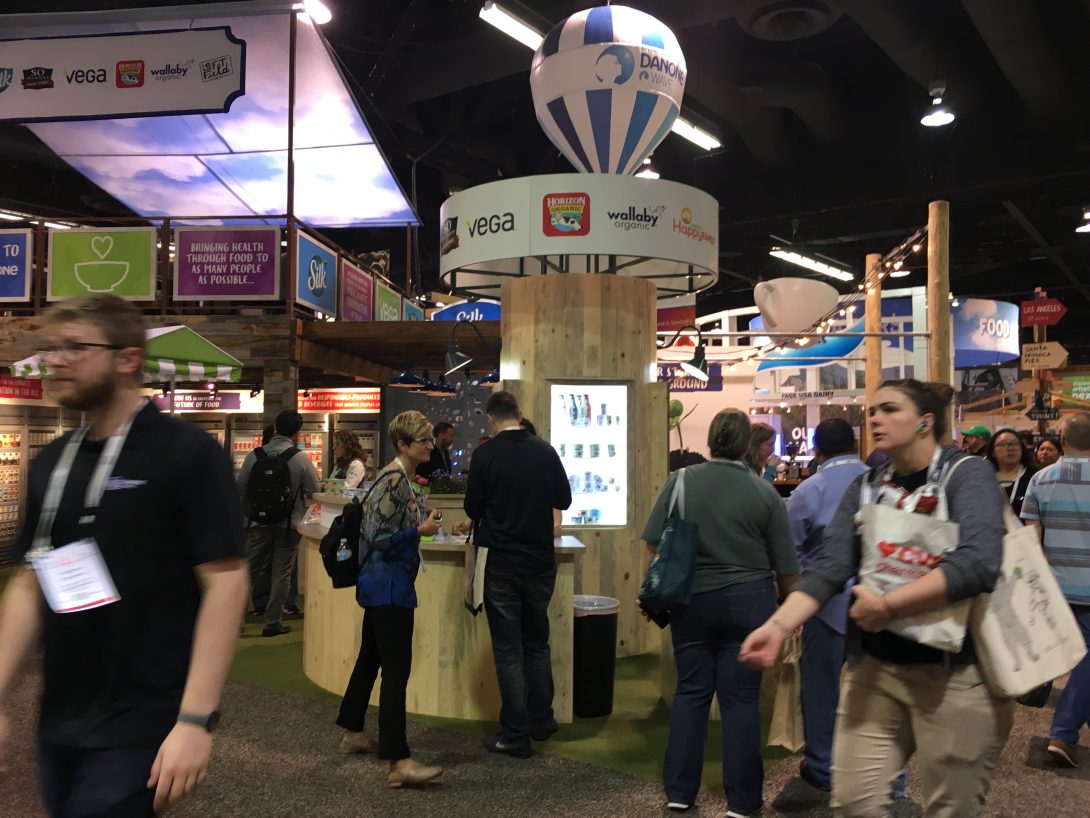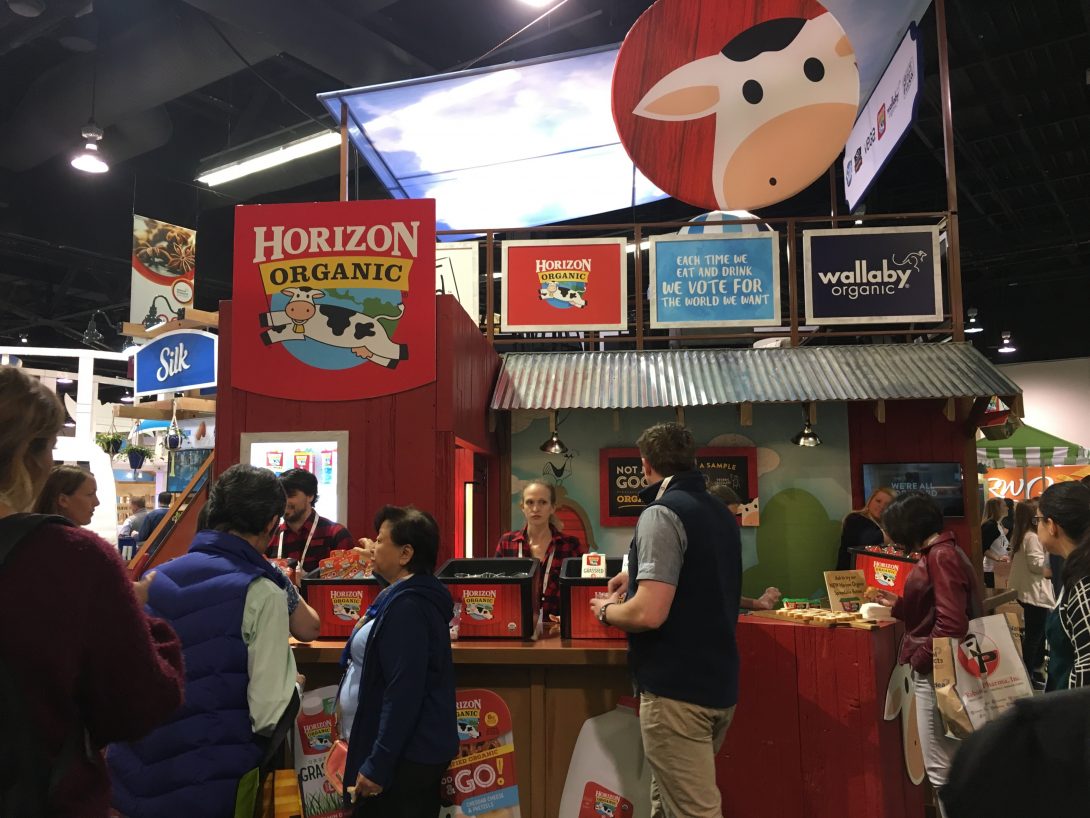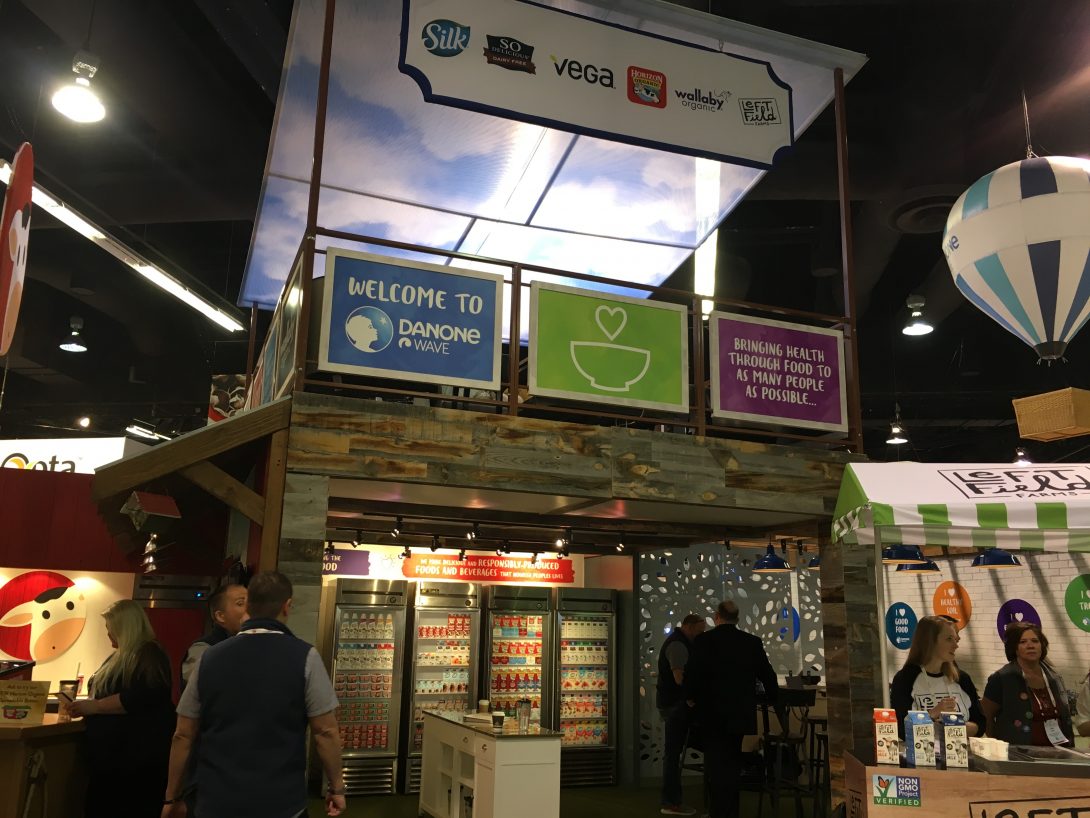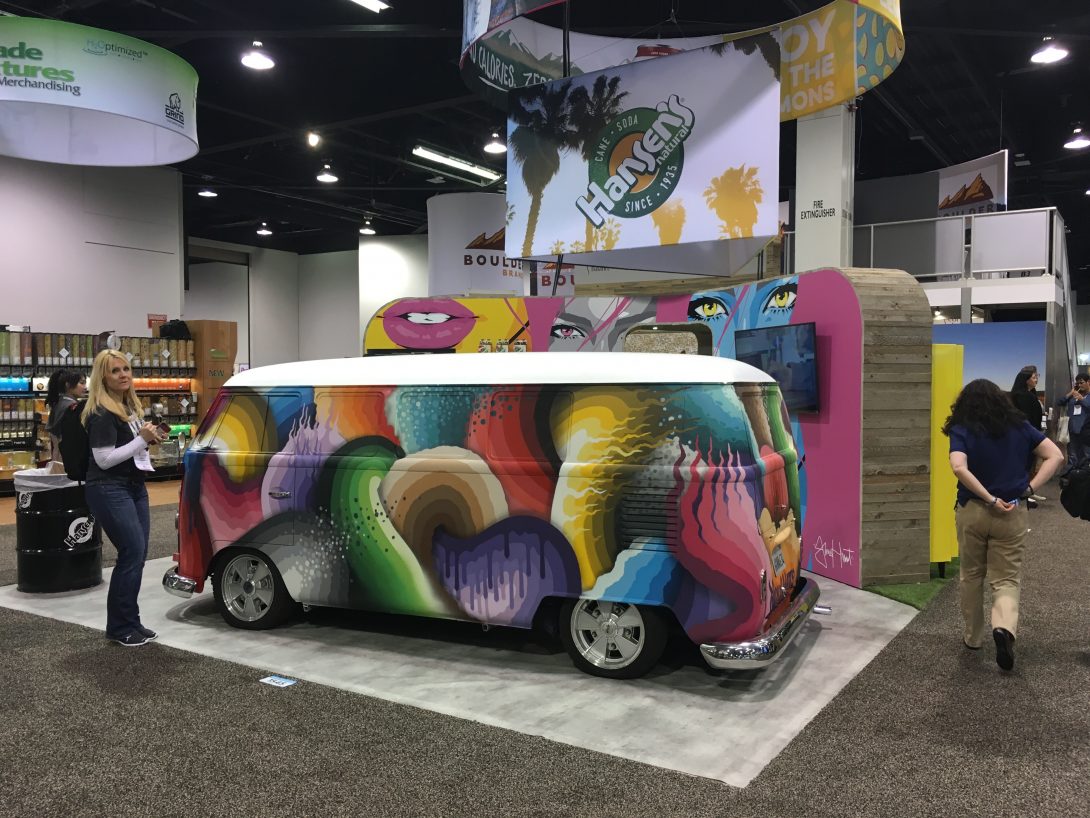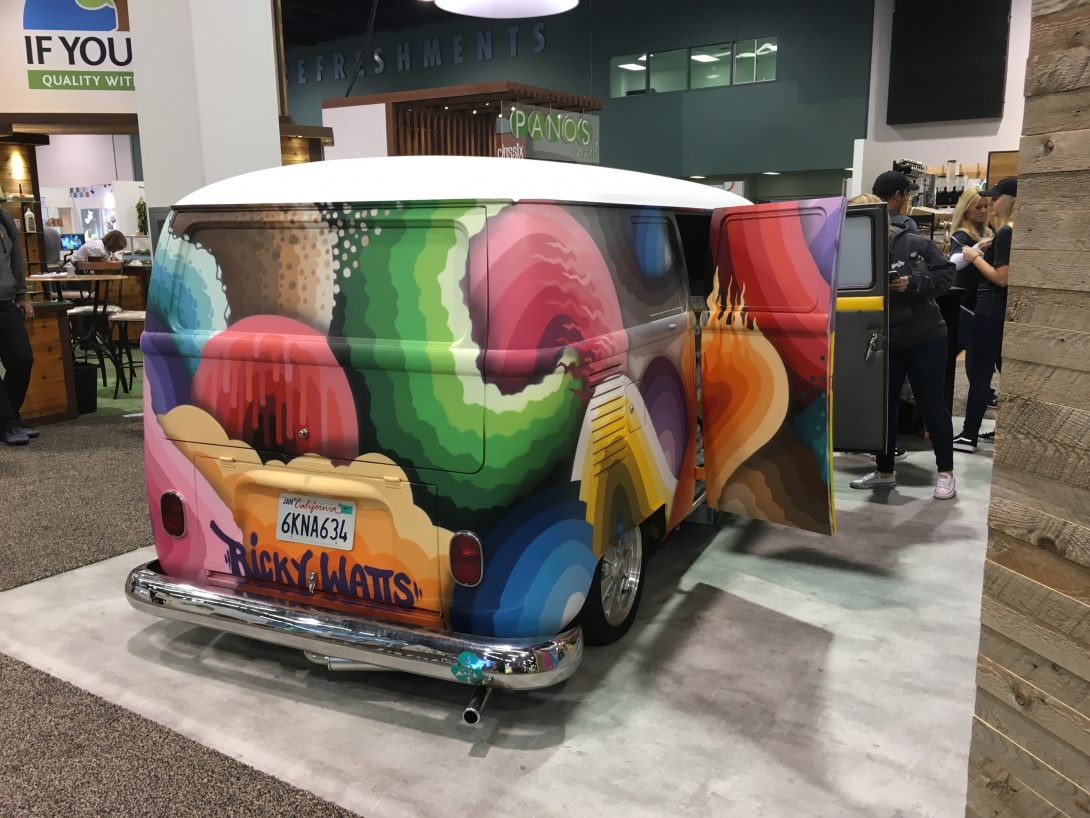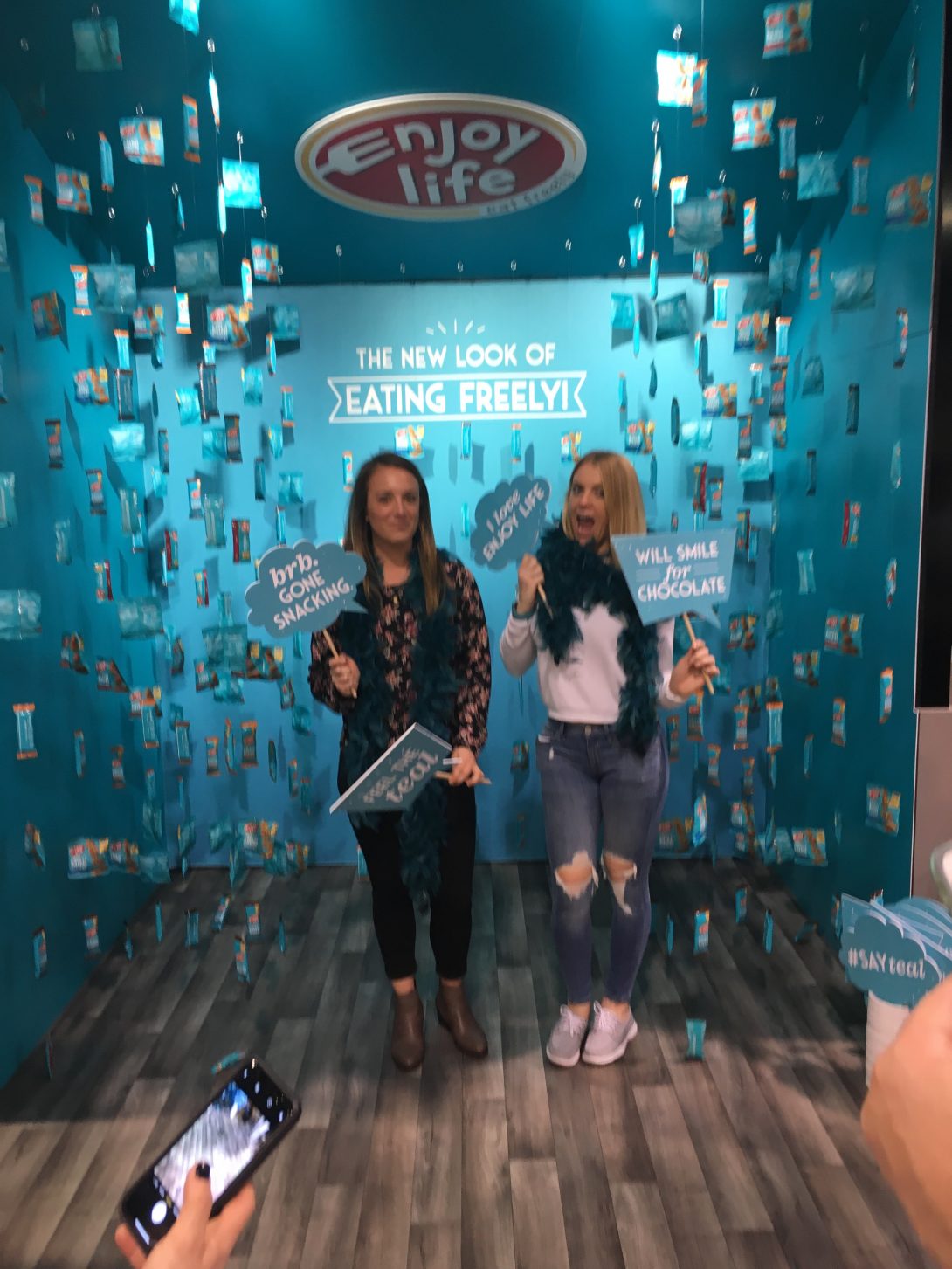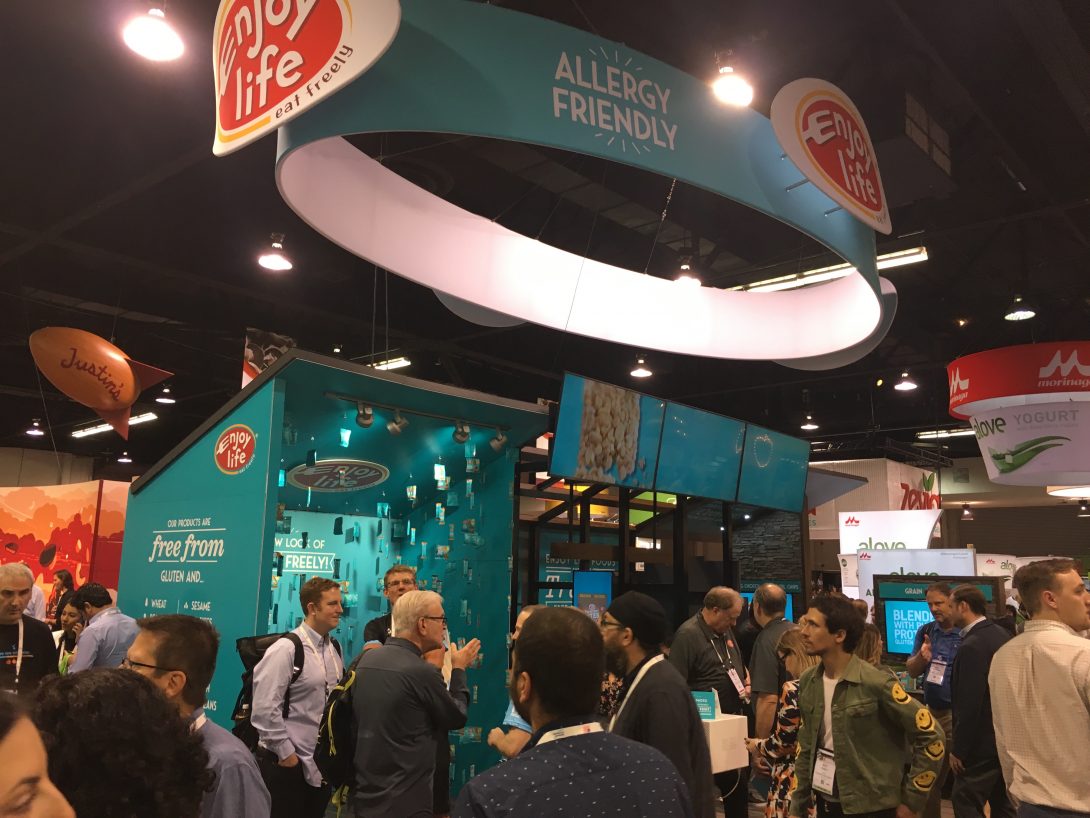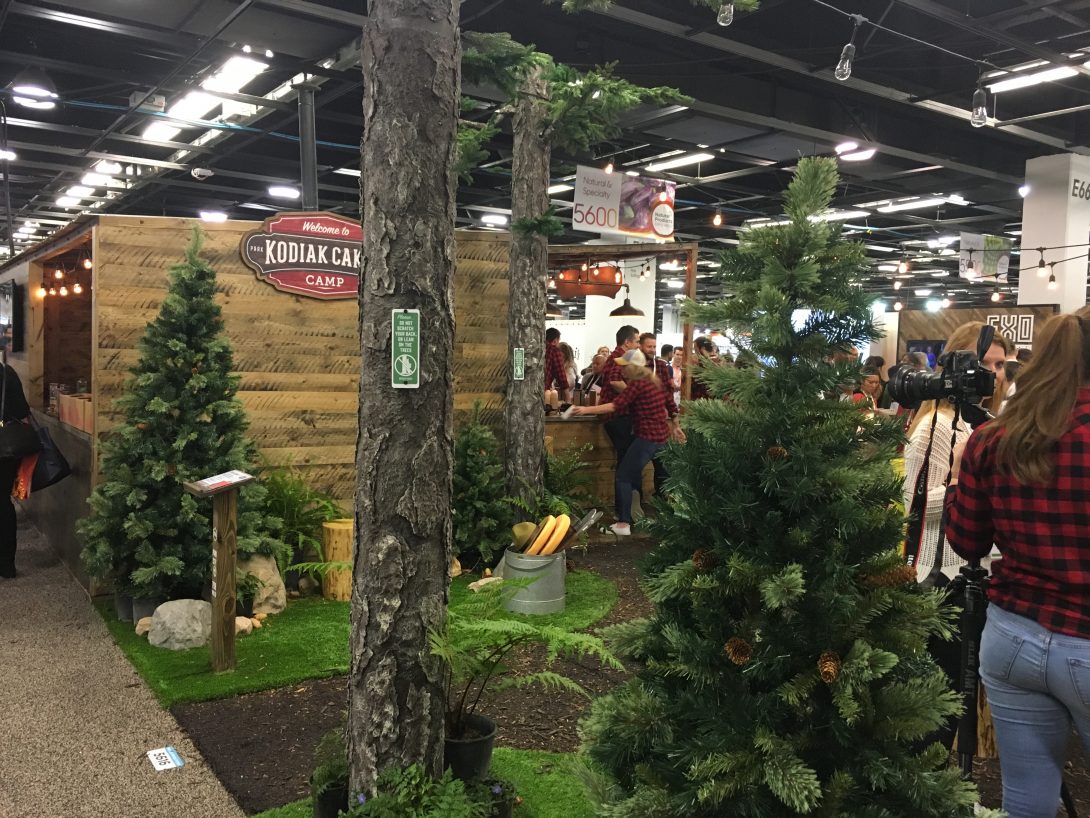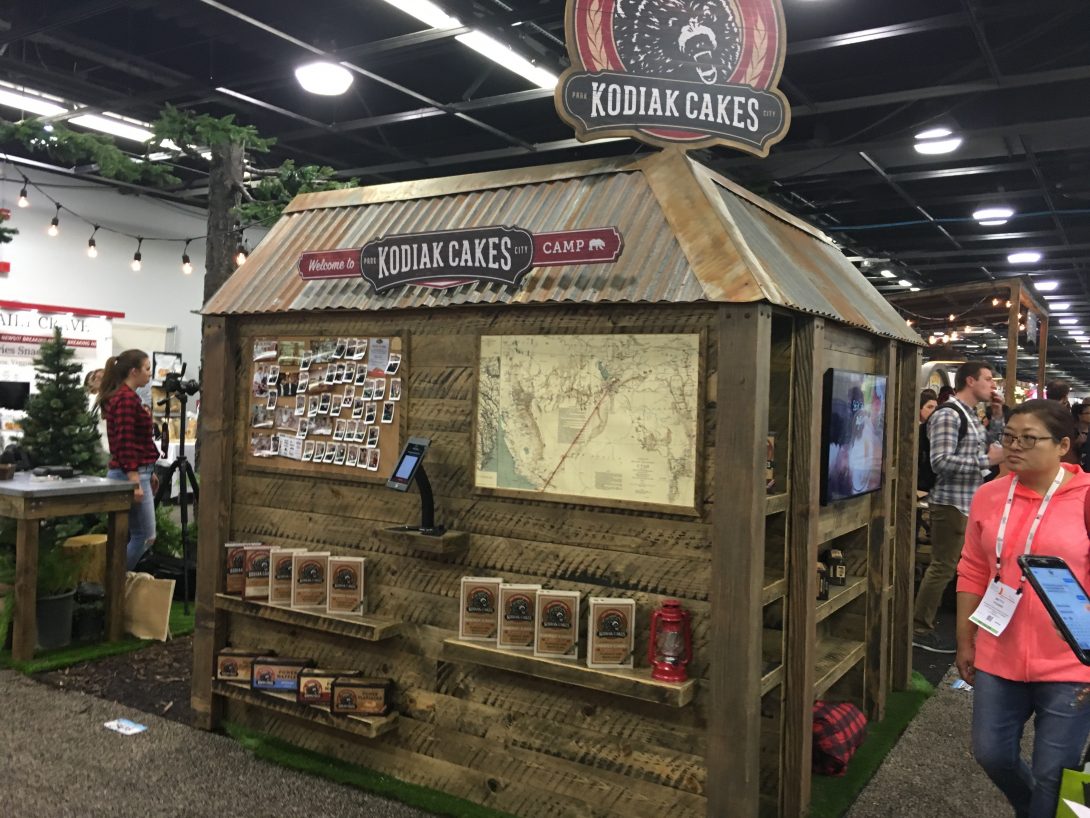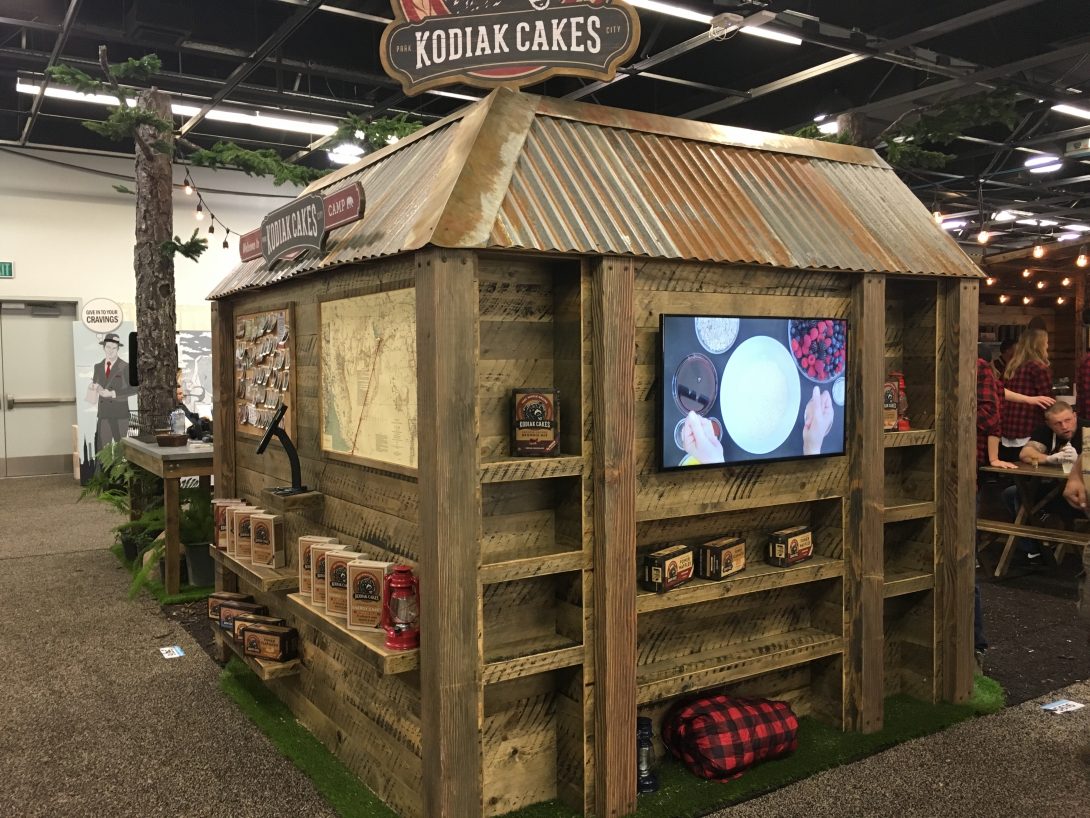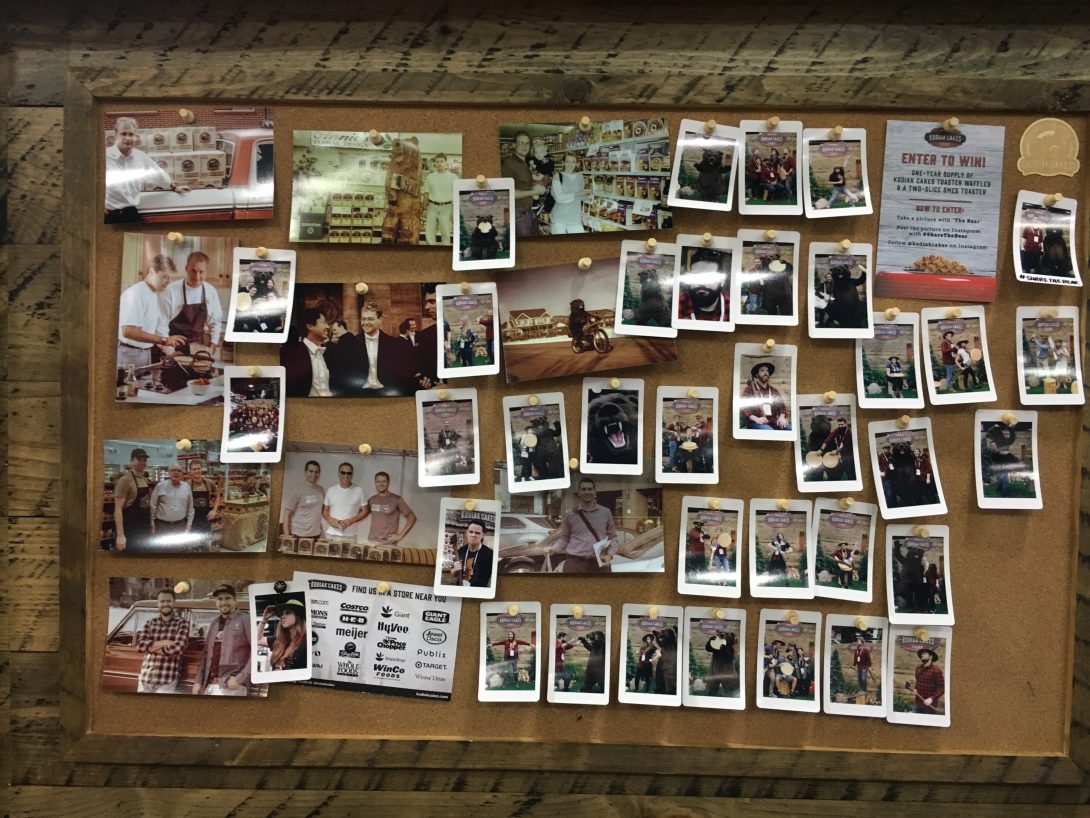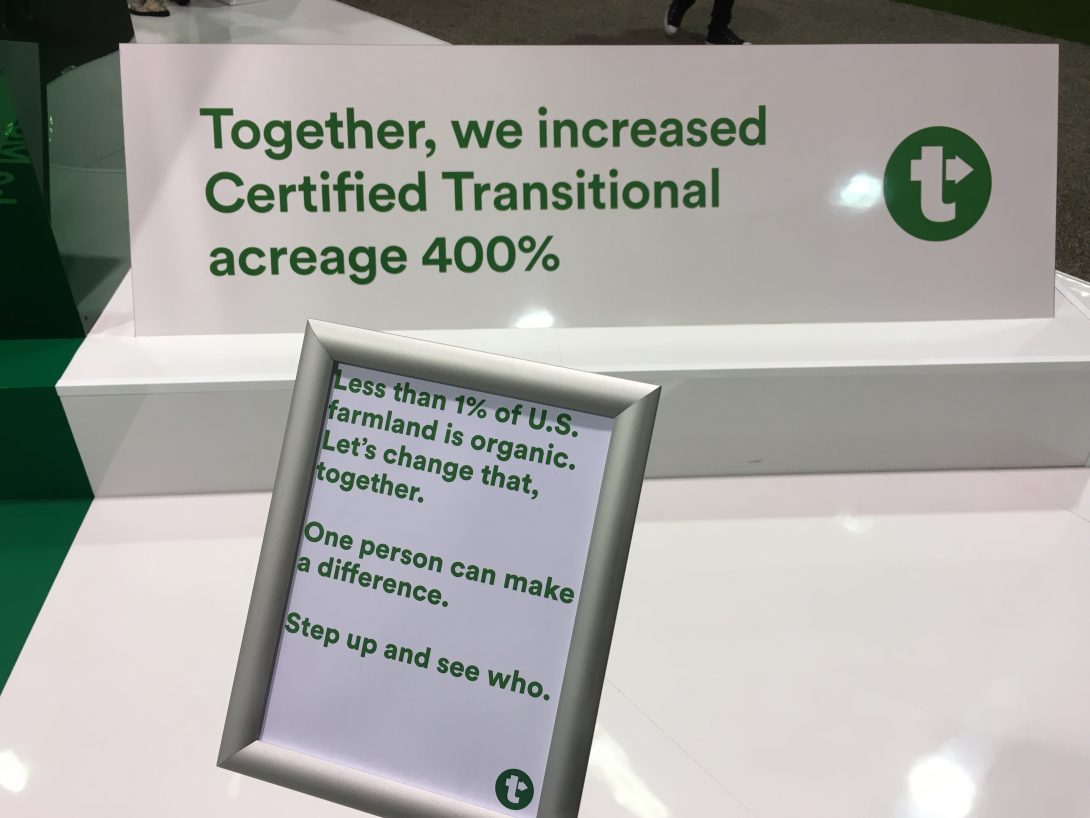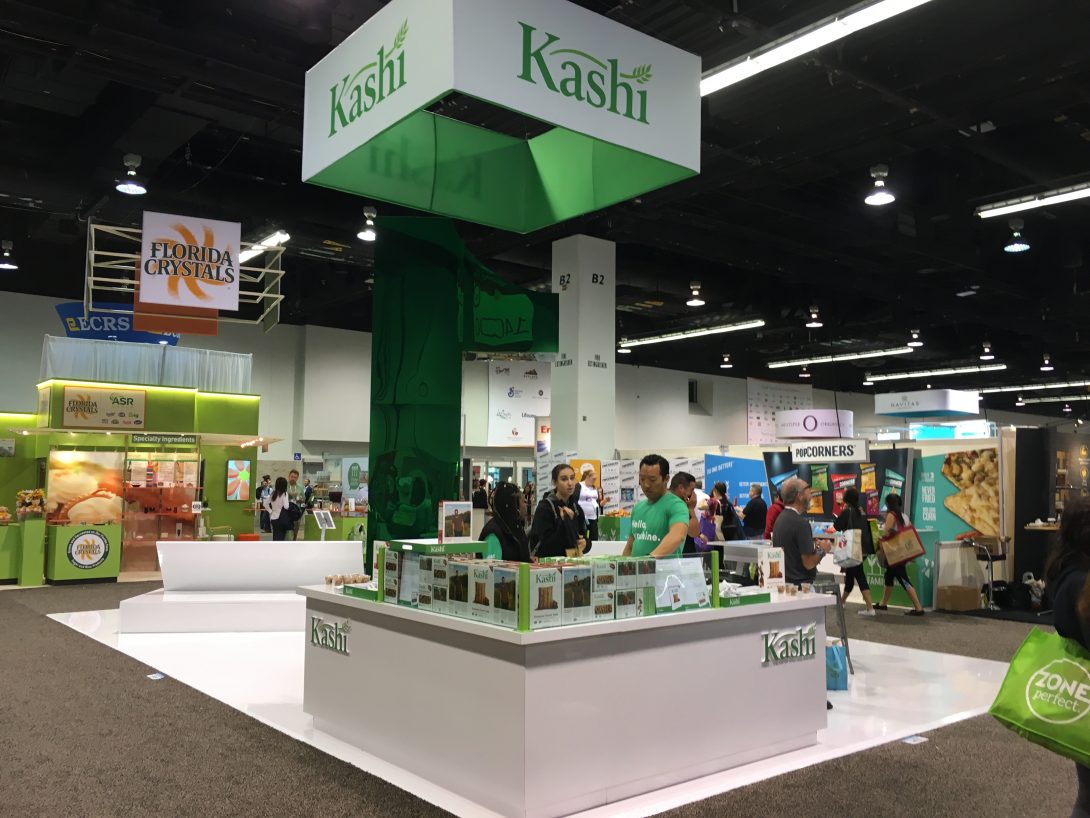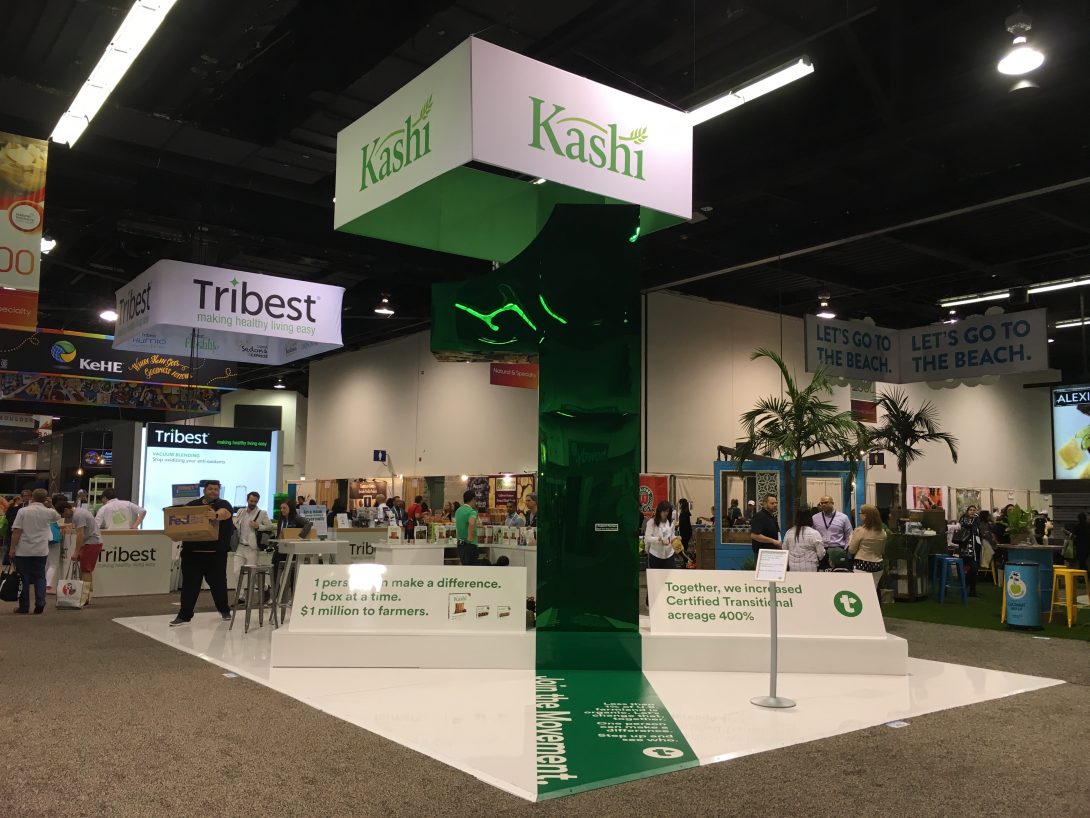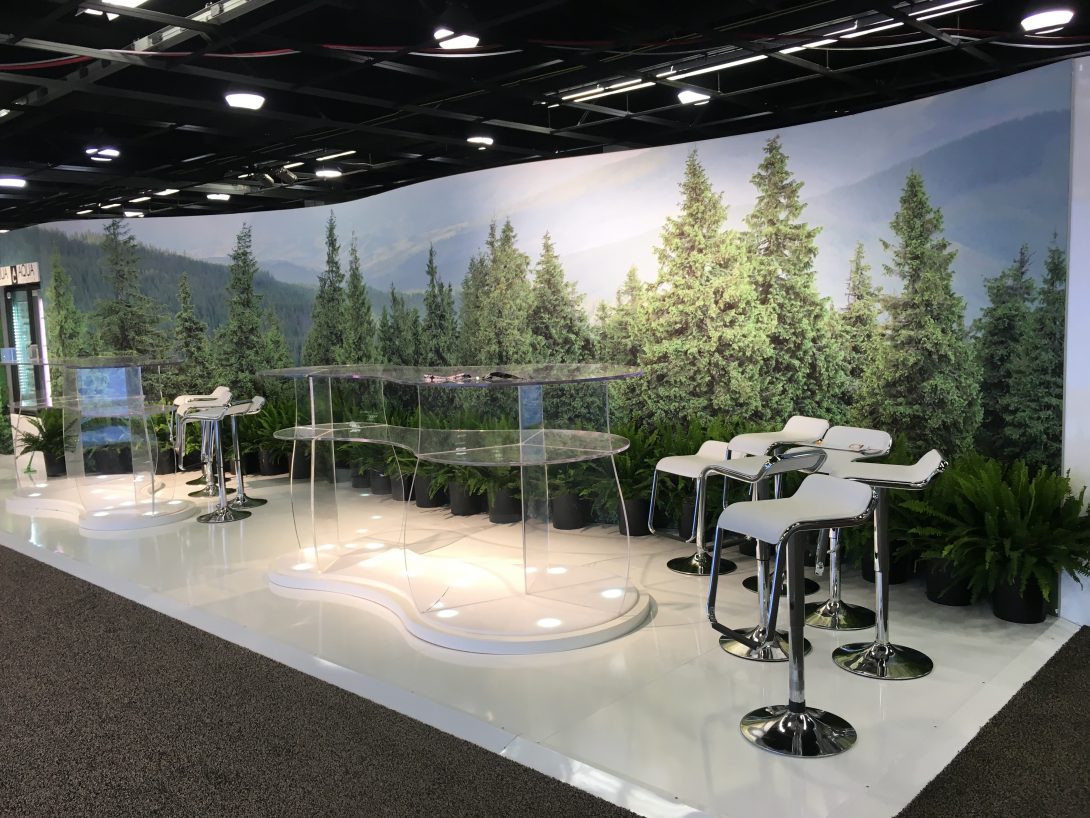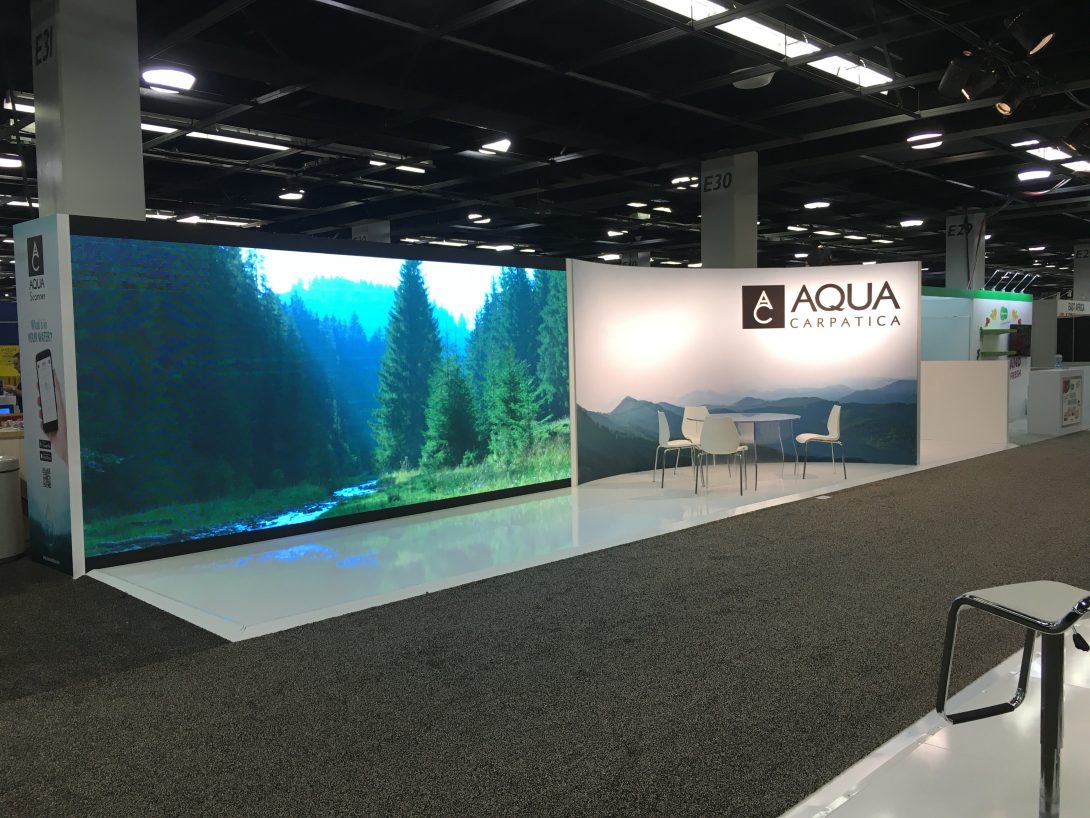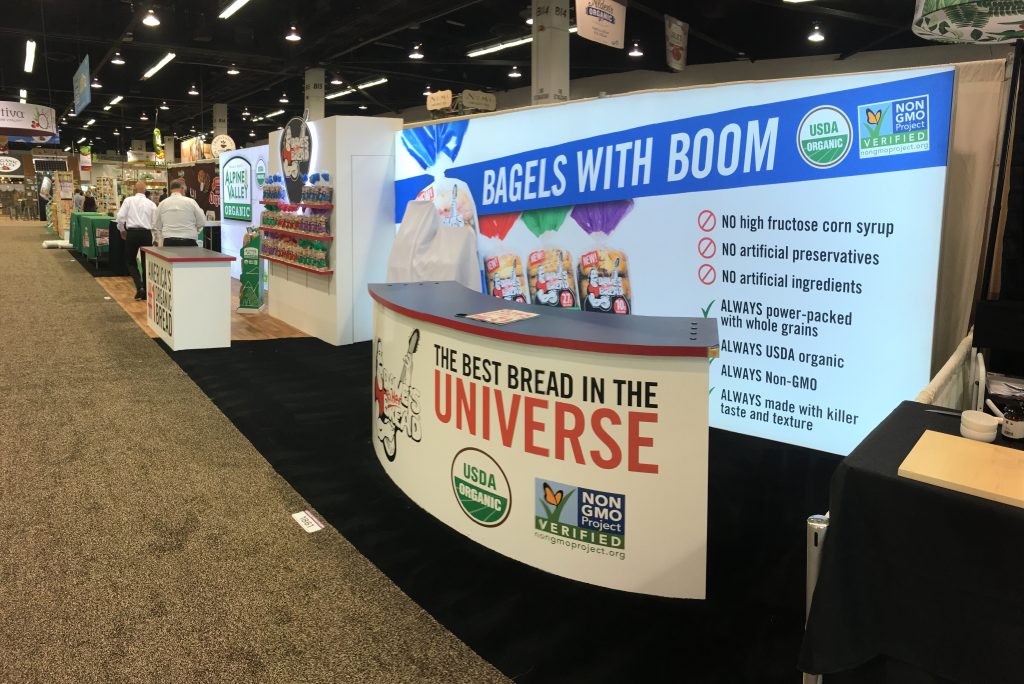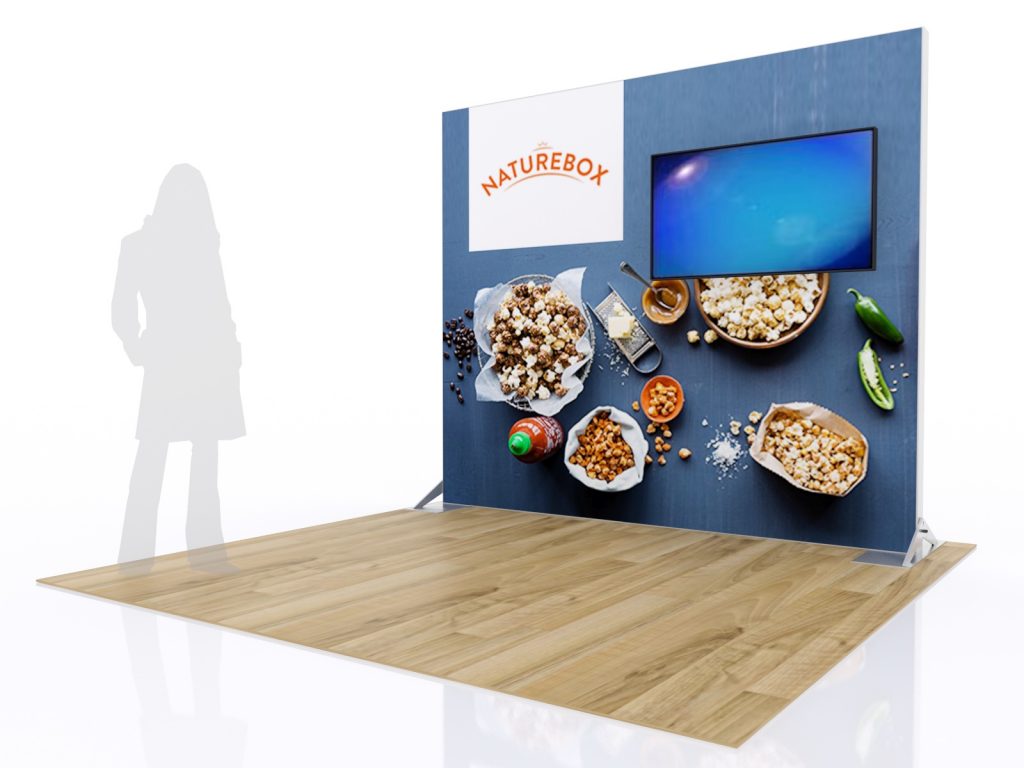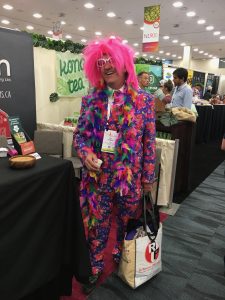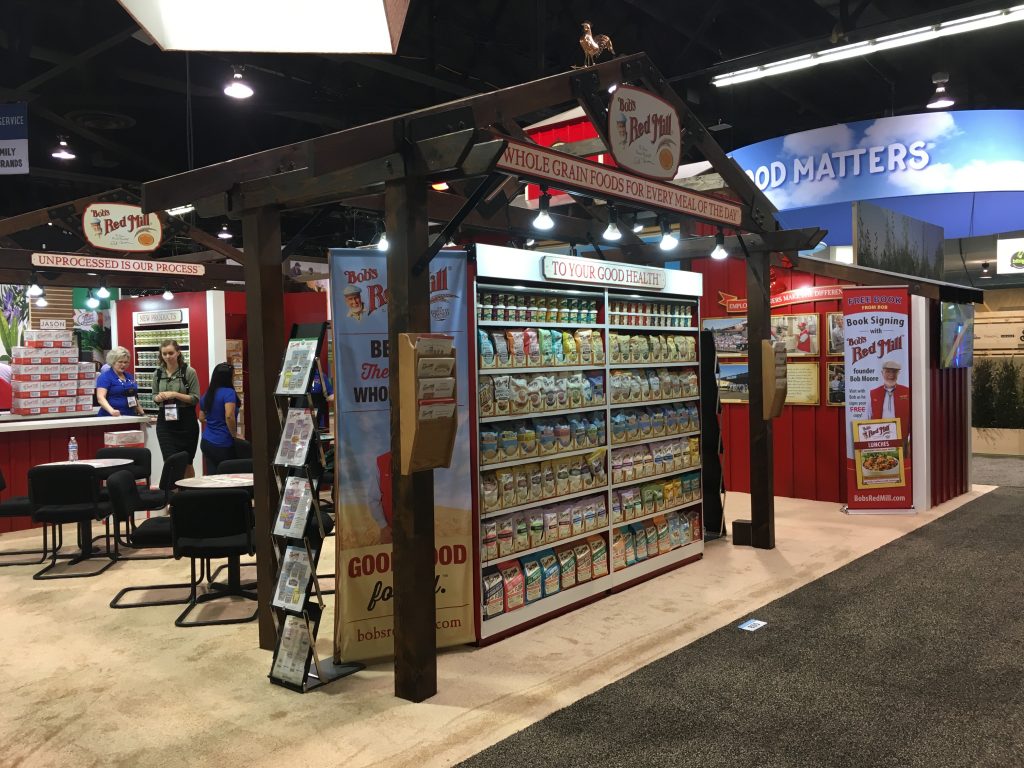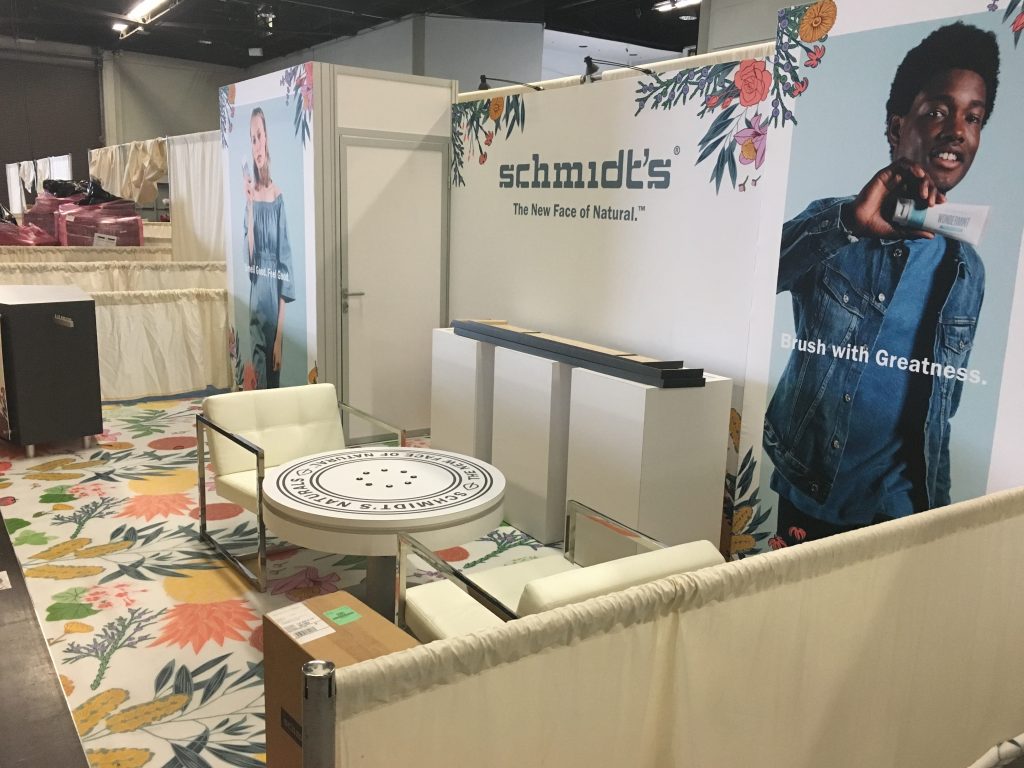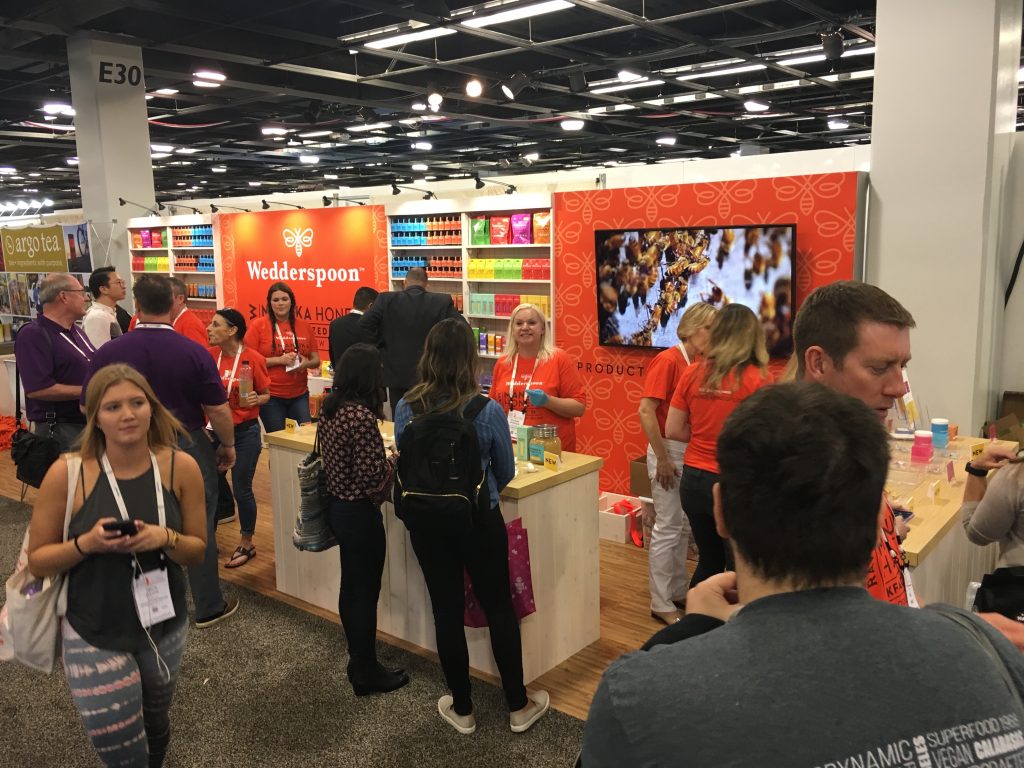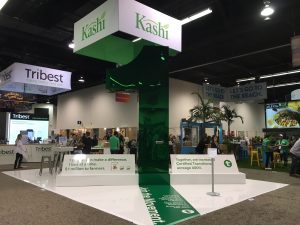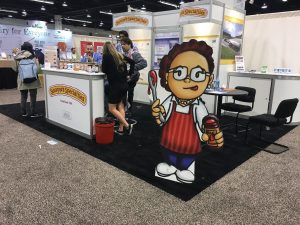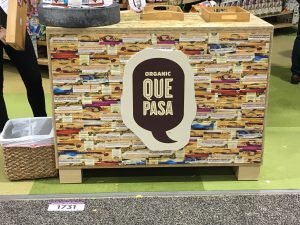Getting the Color Right on Your Tradeshow Graphics
When I first got into the tradeshow world around the turn of the century (!), an issue that kept coming up time and time again was the color of tradeshow graphics.
There are a number of problems that come up with printing graphics with accurate color.
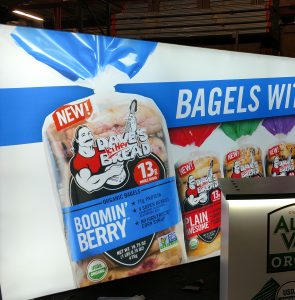
First, since we printed everything in-house at that point, we needed to make sure that the printer’s output was consistent with what was called for. A graphic designer will usually spec a PMS color (Pantone Matching System), which is a proprietary color space that identifies exact shades. That meant regular testing of the system to make sure that the color matched.
The inks in the printer must be of high quality so that when the computer that is used to process the print calls on the right combination of the various ink tanks.
Next, you have the computer monitor. Many clients would look at something on their monitor and think it looked exactly how they wanted it. Trouble it, monitors differ in their output as well. So, what you see on your monitor in your office may not be what I see on my monitor.
Don’t forget about the substrate you’re printing on. Whether it’s fabric or paper, simply by changing the source of paper from one package to another may bring a subtle difference. It’s the same with carpet dye. One dye lot may be slightly different from another, and if you try to match a new printed piece with an older printed piece, chances are good it won’t exactly match.
Then there’s the human factor. We all see colors differently, and usually the person operating the printers have a good eye for colors.
So how to address this? If you are trying to match a PMS Pantone color exactly, the best thing is to provide a paper-printed color sample that you like. For example, if you have a brochure or other printed piece that is exactly what you want, color-wise, make sure your printing vendor has that. If they have that piece in hand, chances are very high they can make adjustments in their process to create a printed tradeshow graphic that matches your desired color.
But understand that there a lot of variable! The technology has generally made it easier to color-match, but it’s not always guaranteed. Just work with your exhibit house or print shop if color-matching is important.
Speaking of colors, did you hear about the chemist that accidentally discovered a new blue a couple of years ago?

